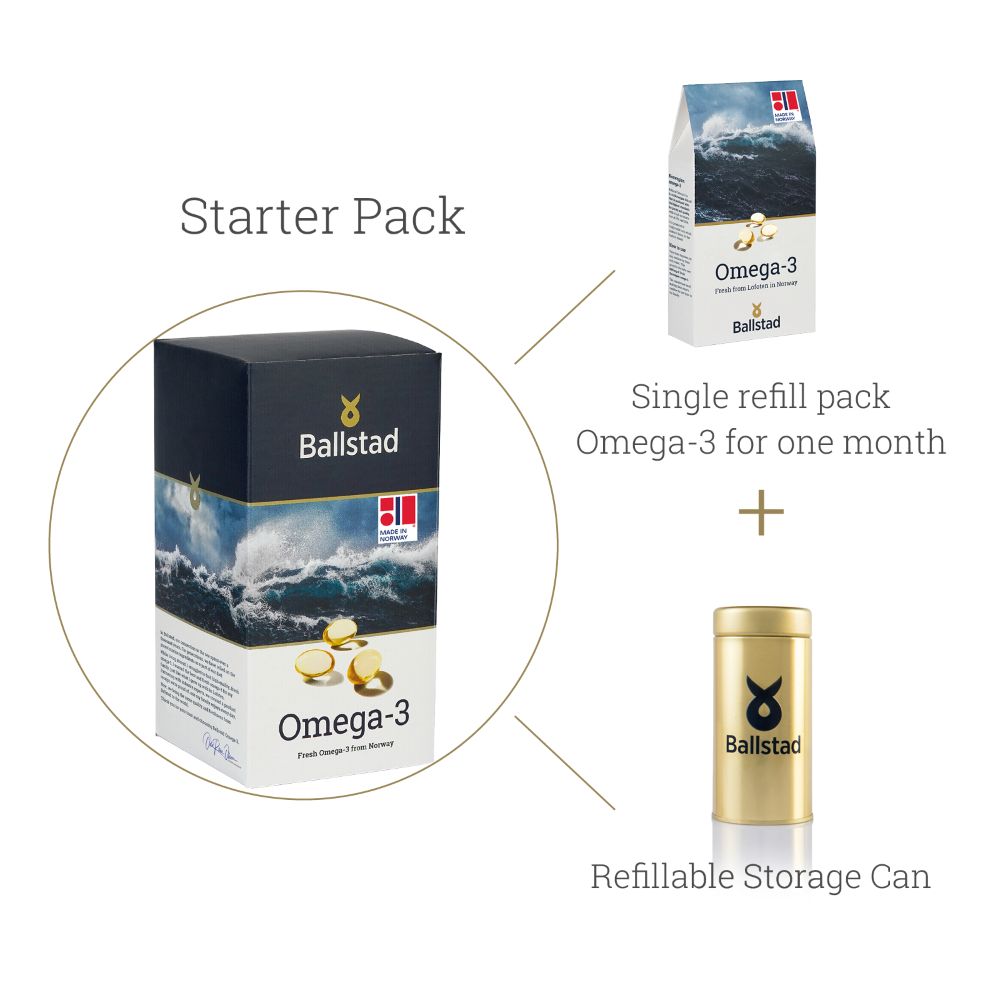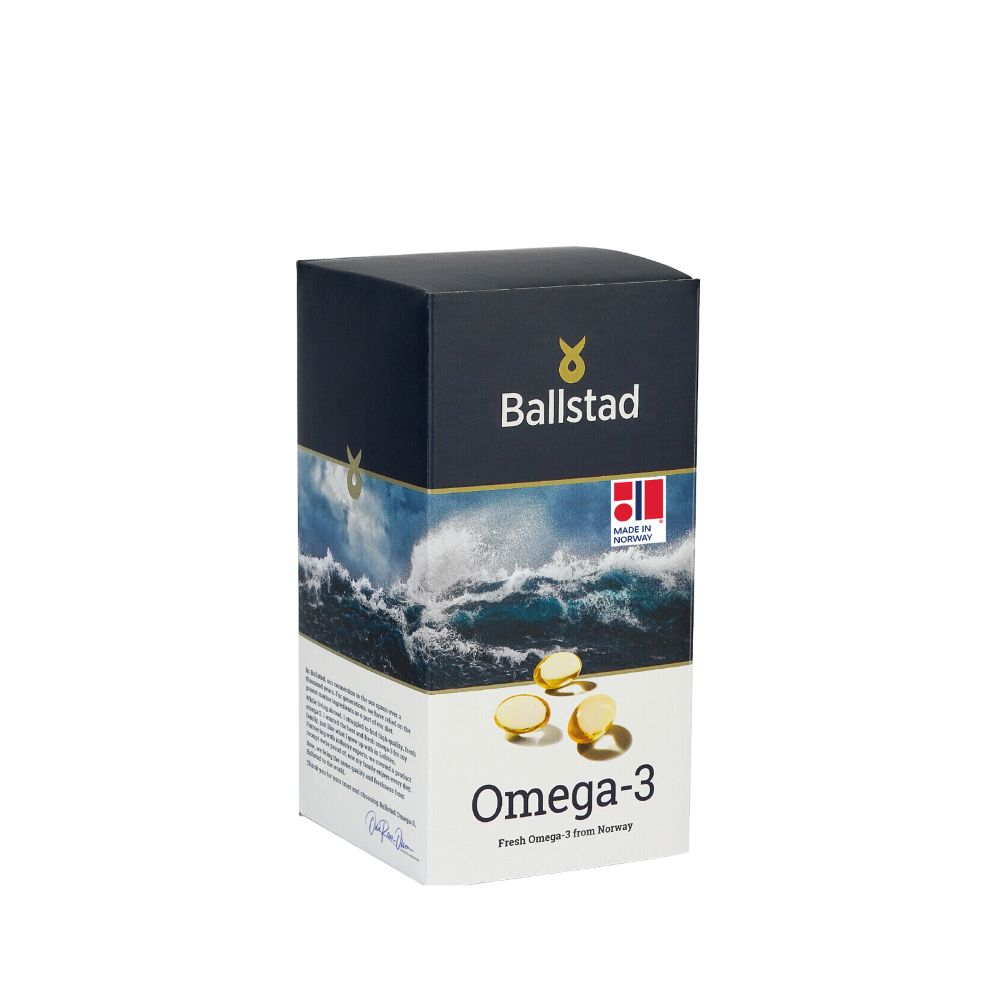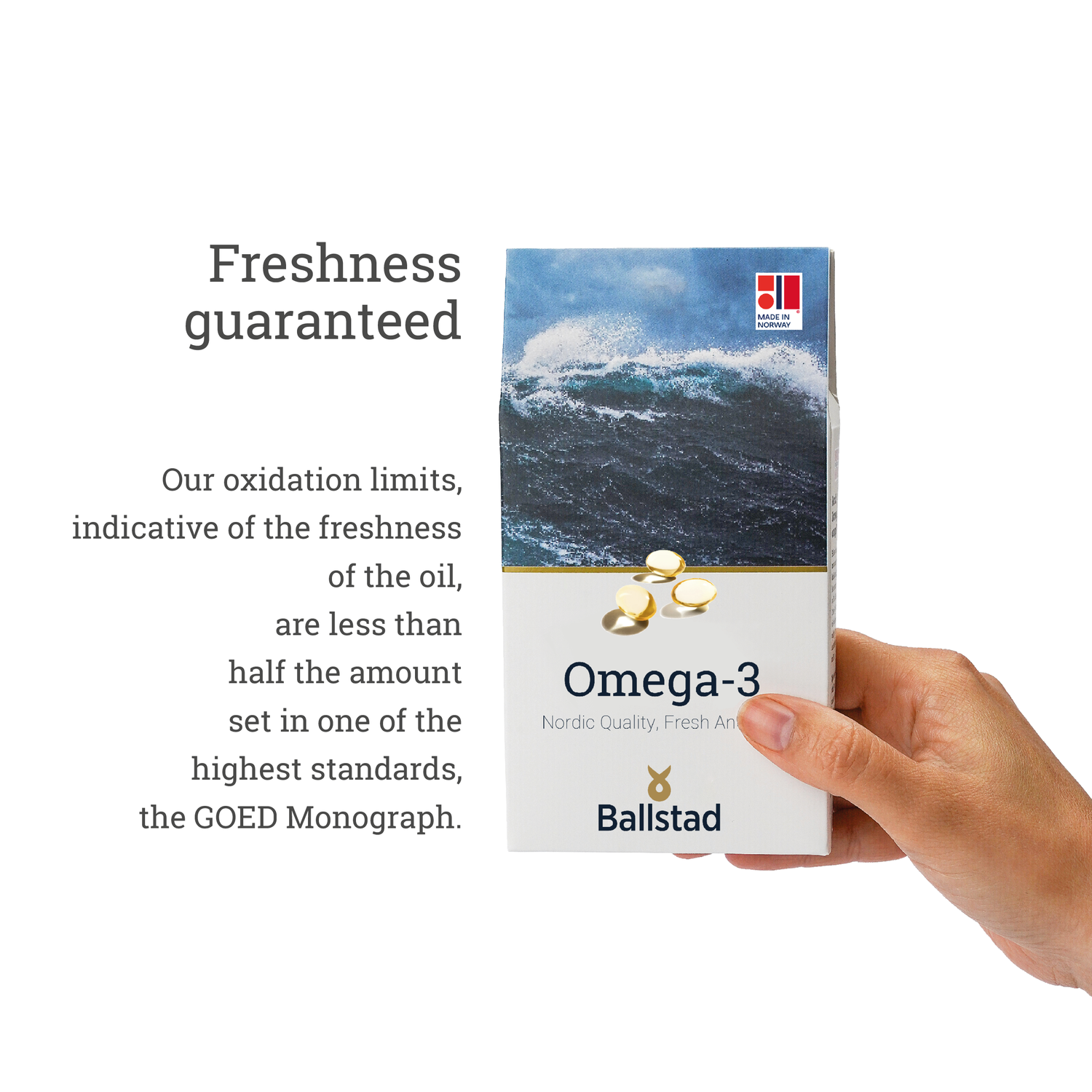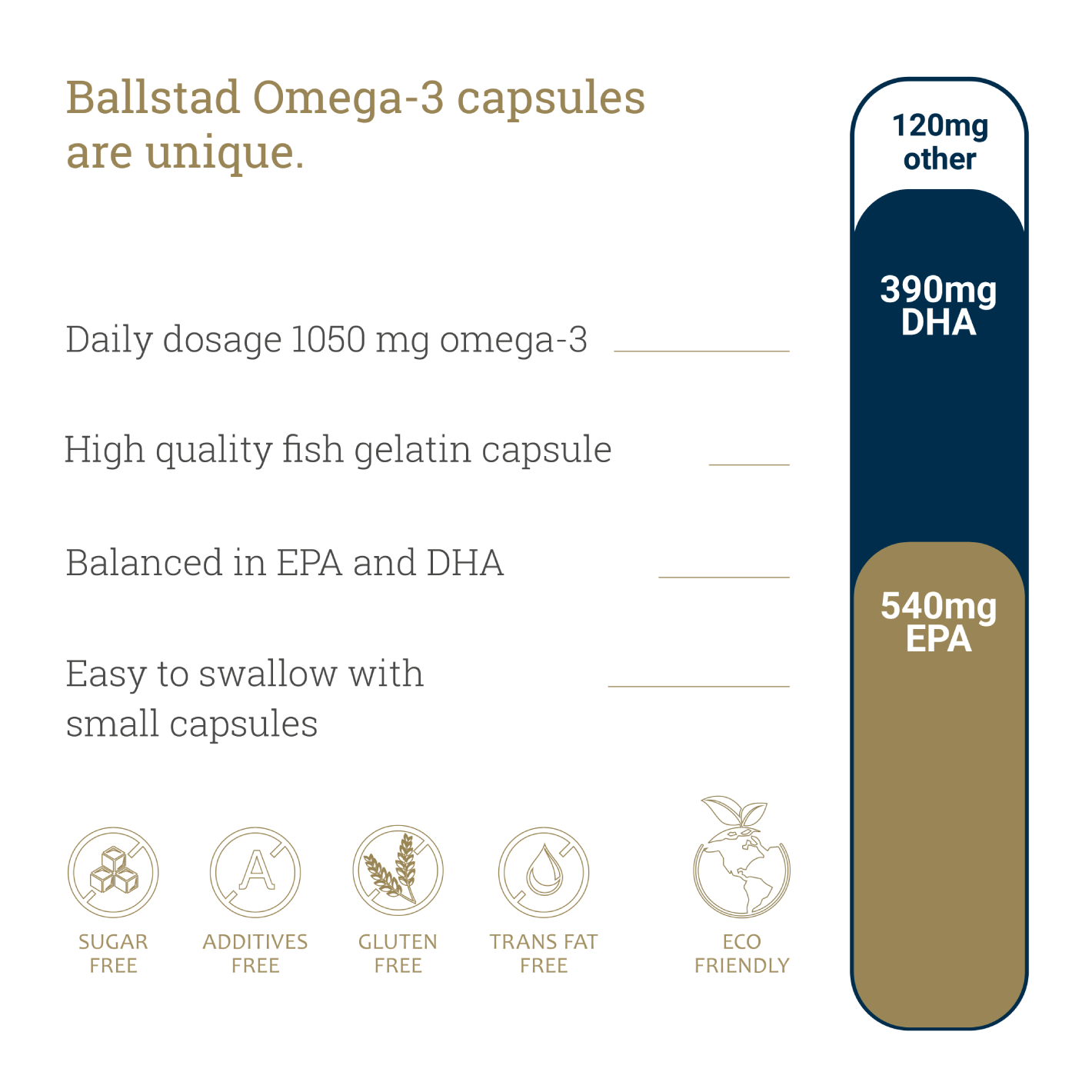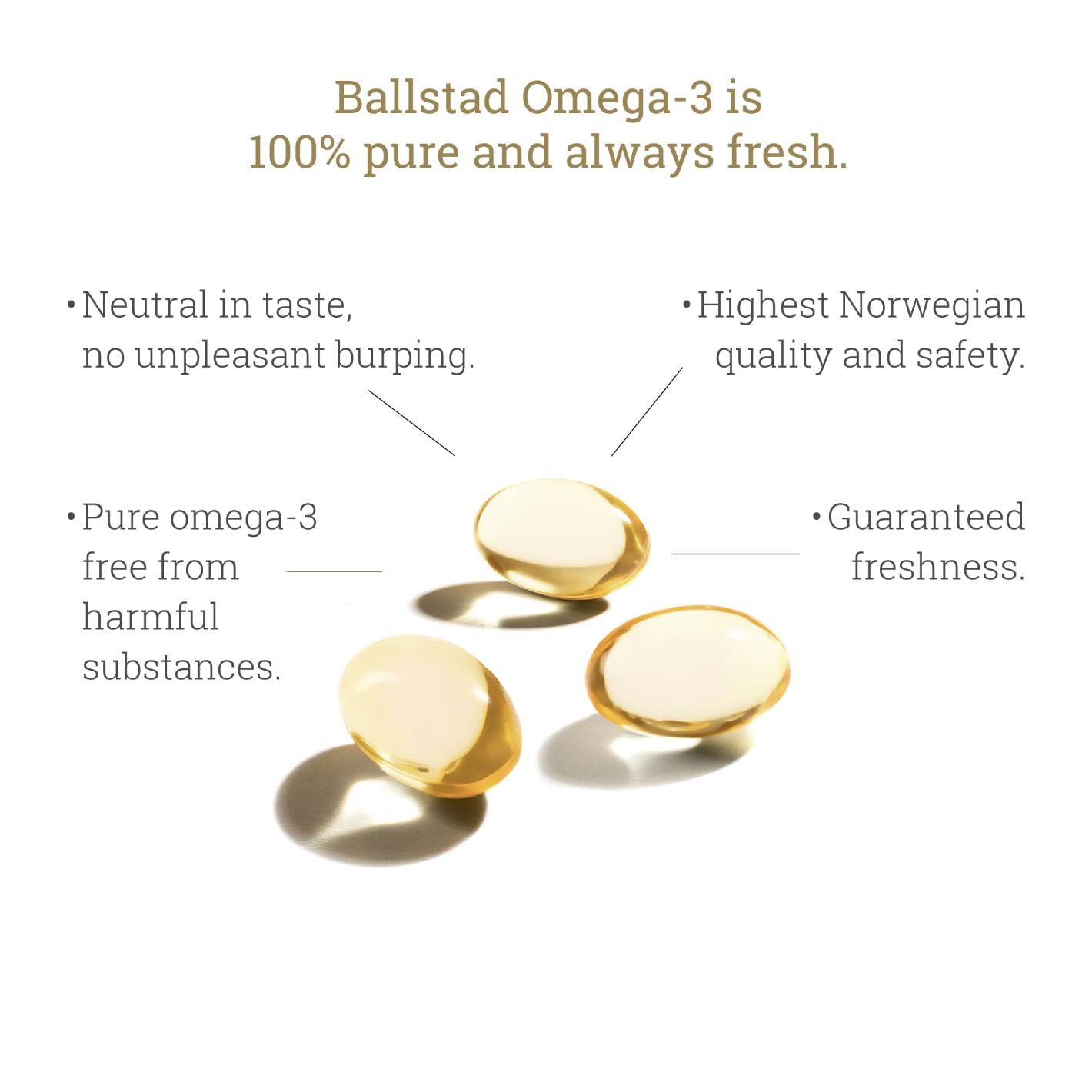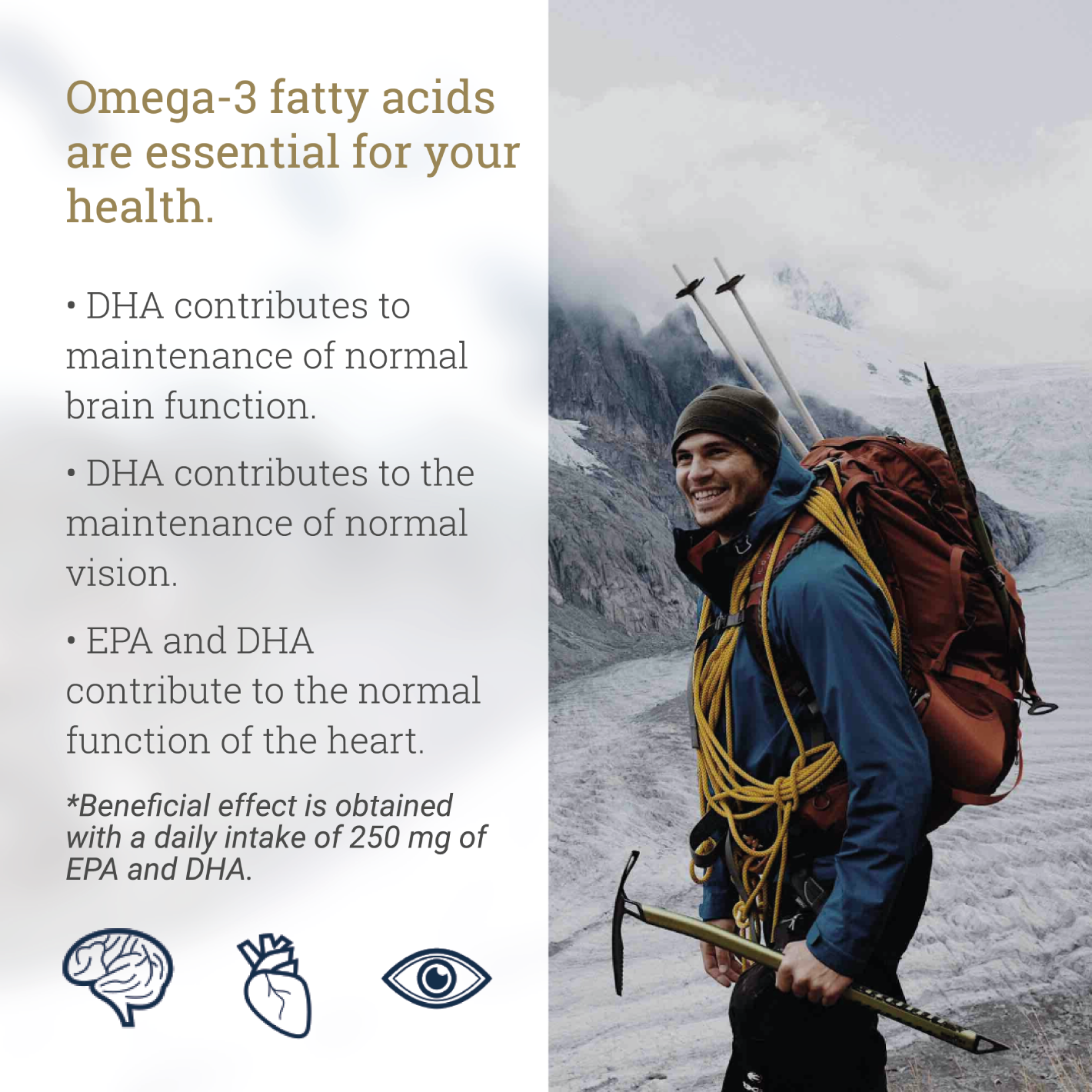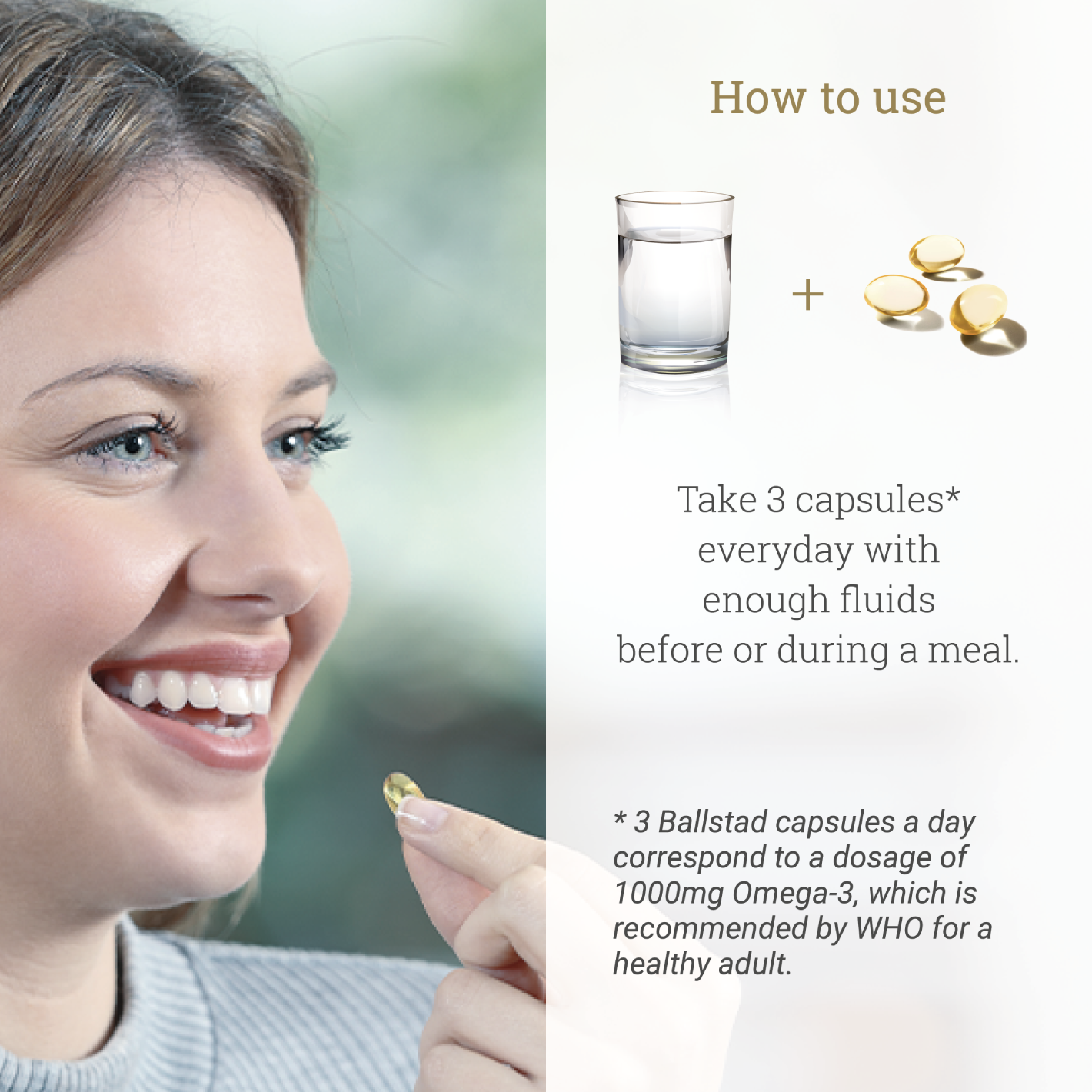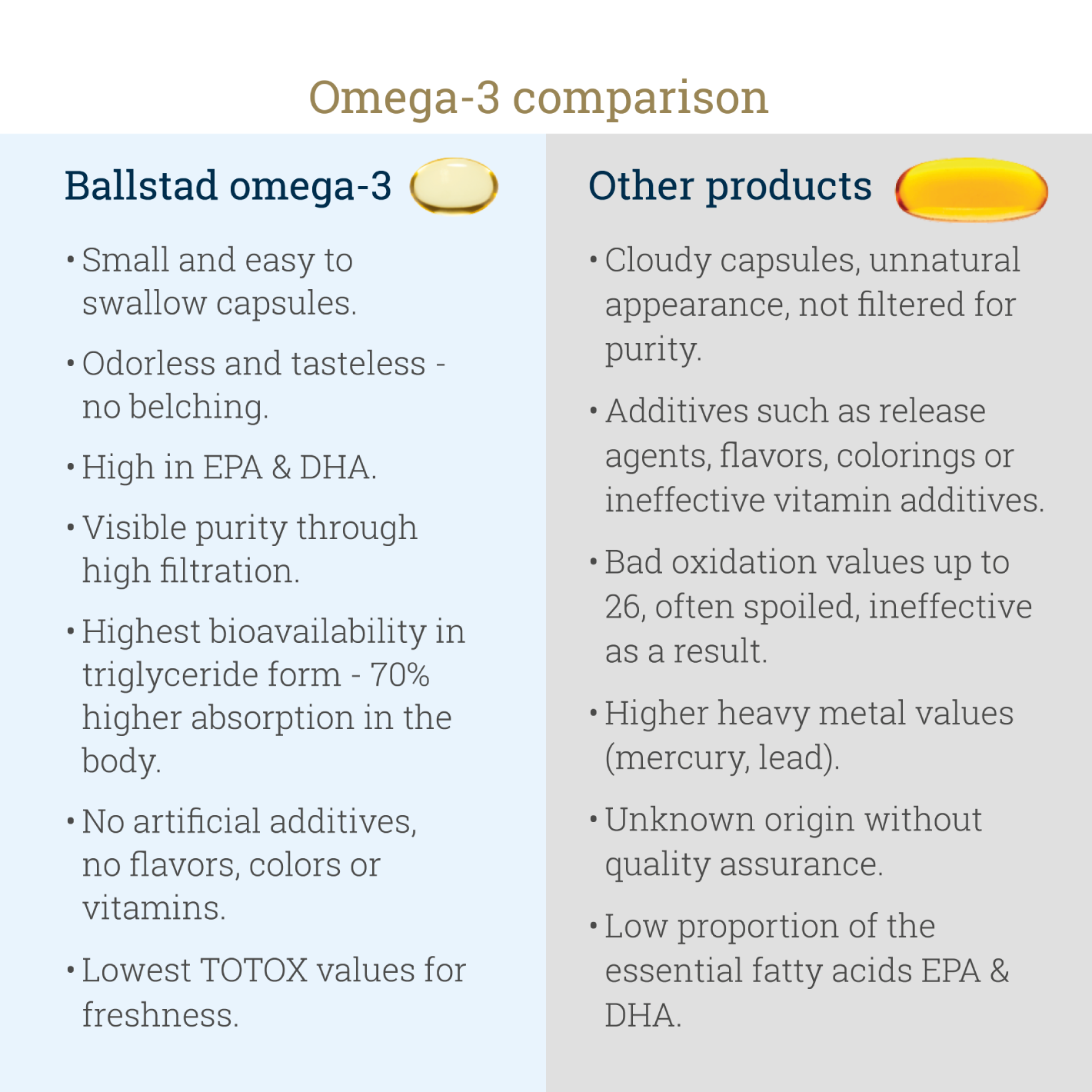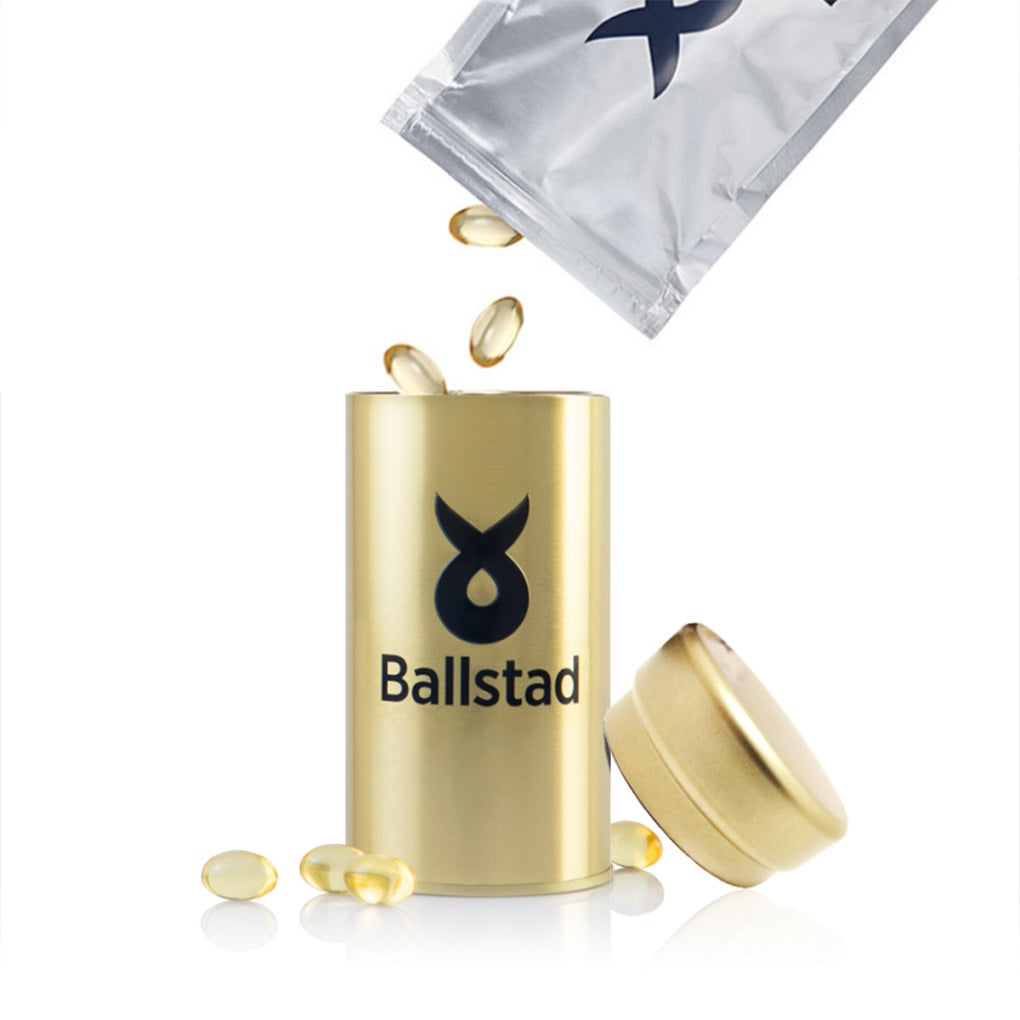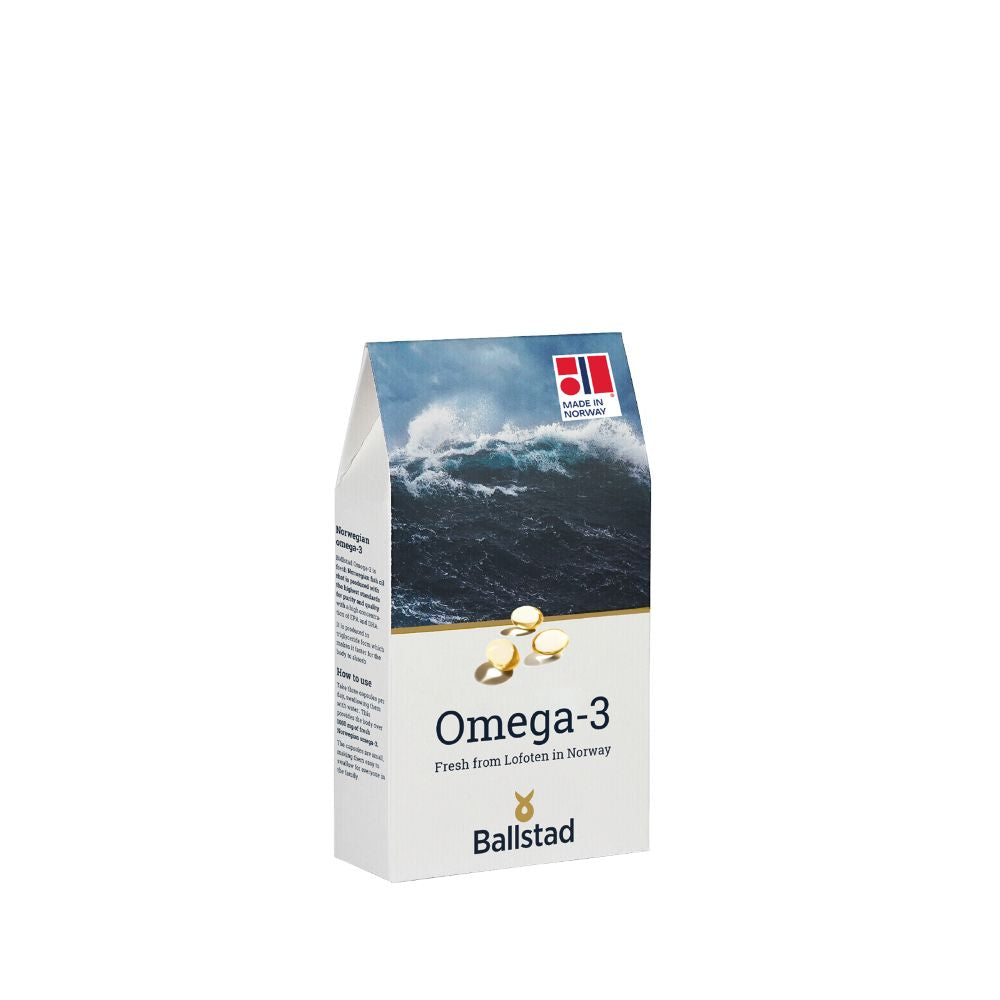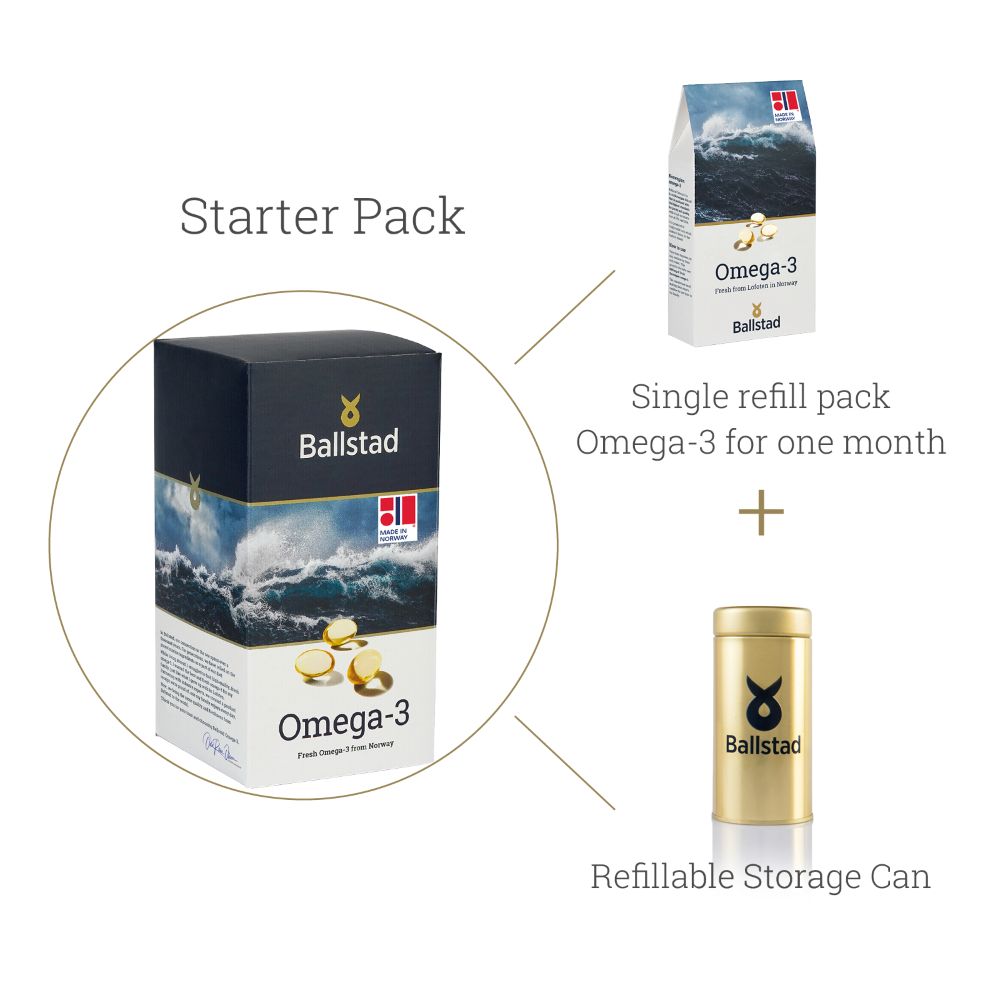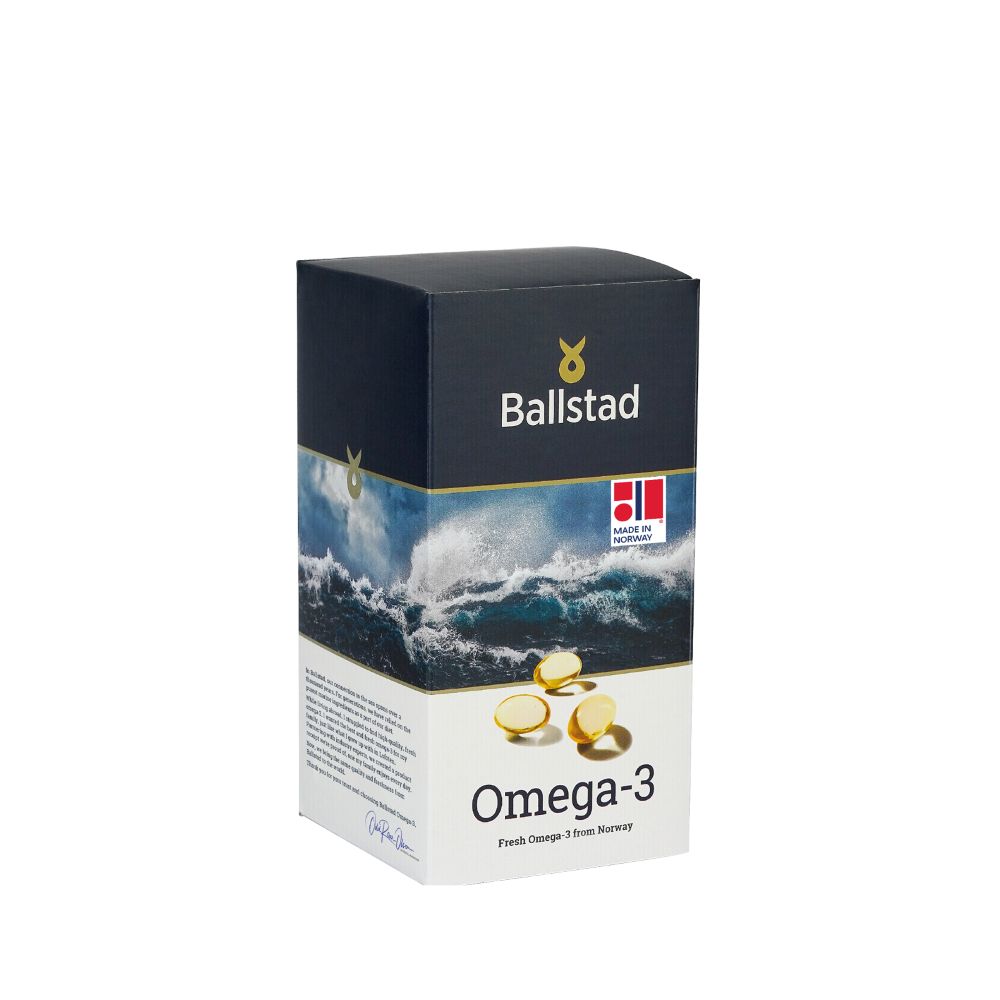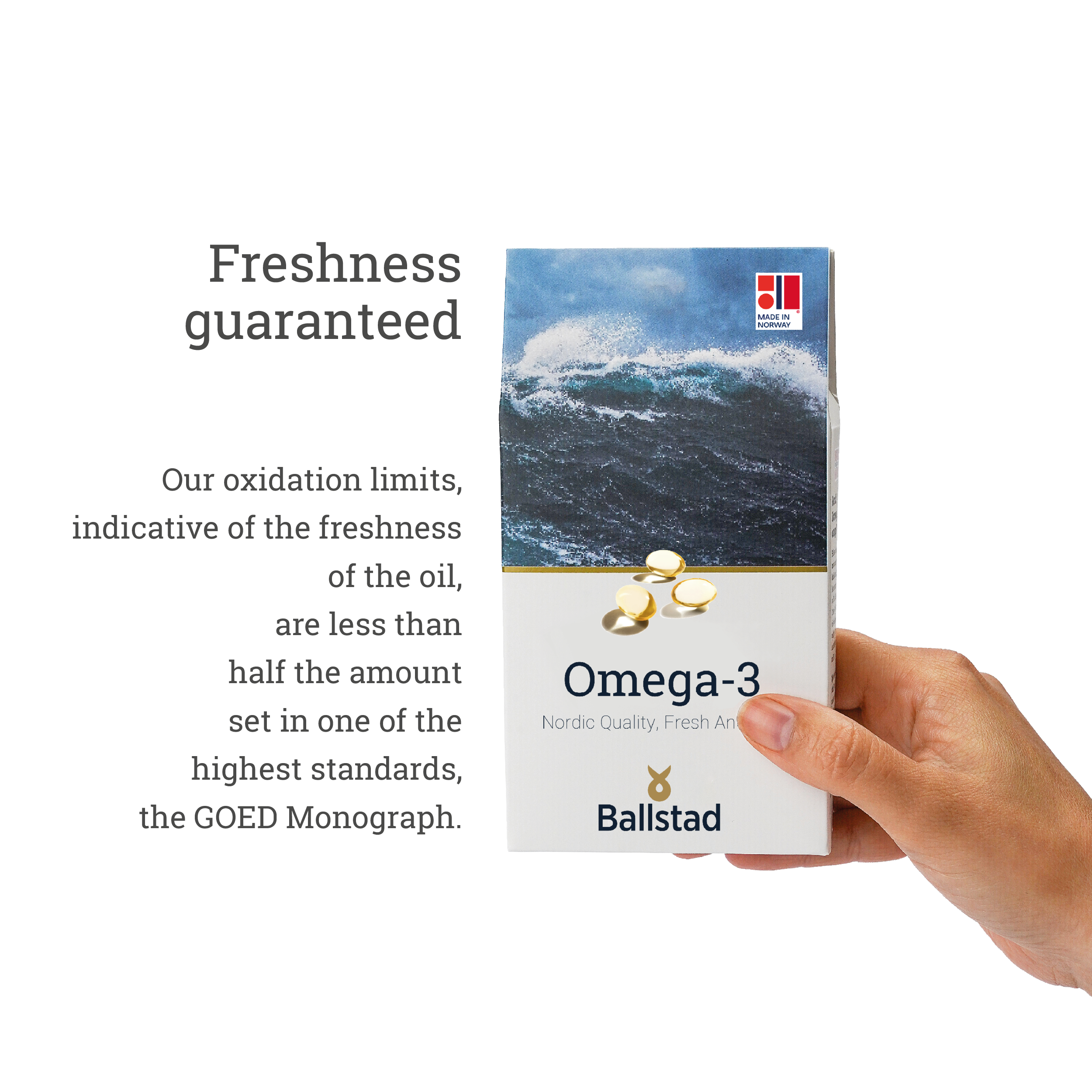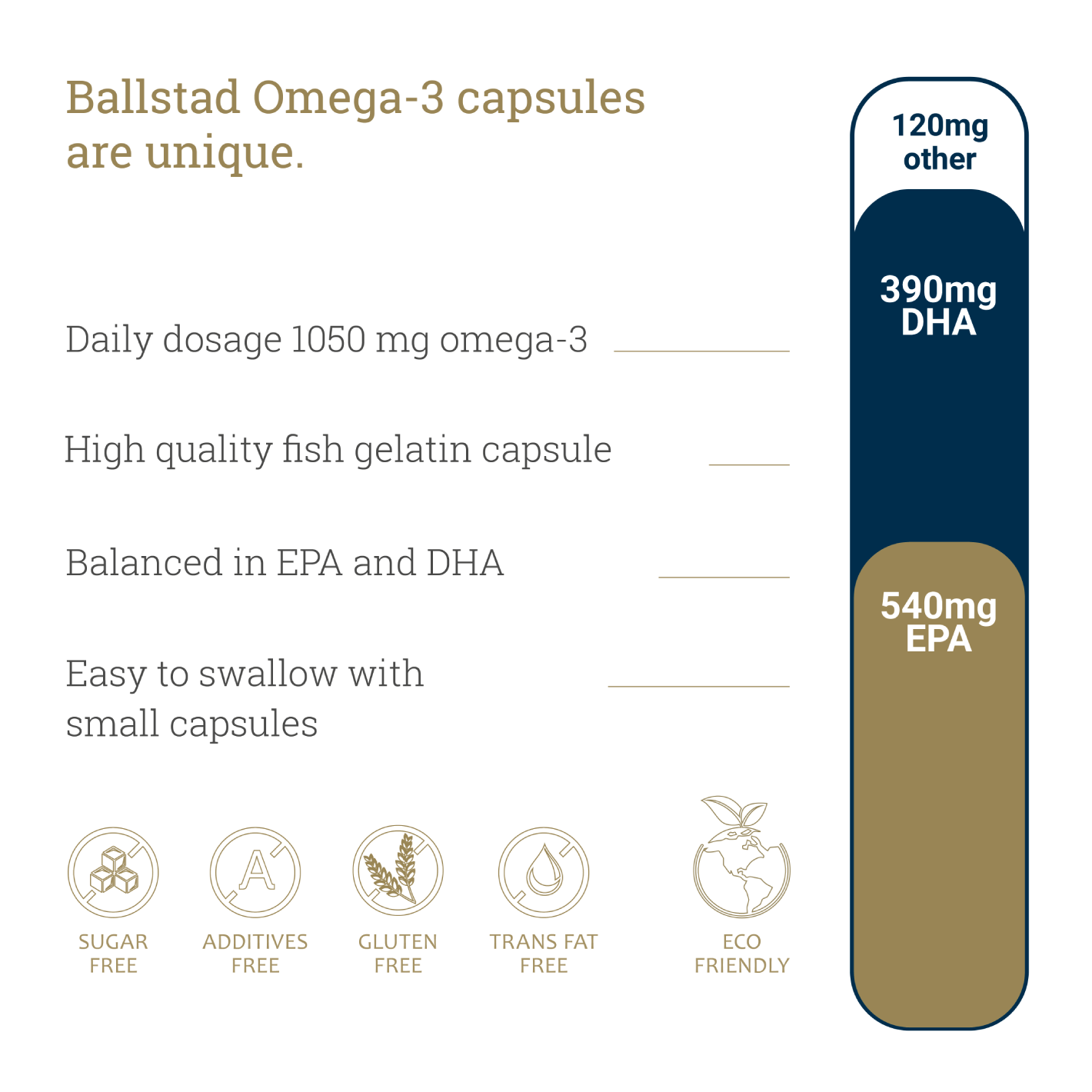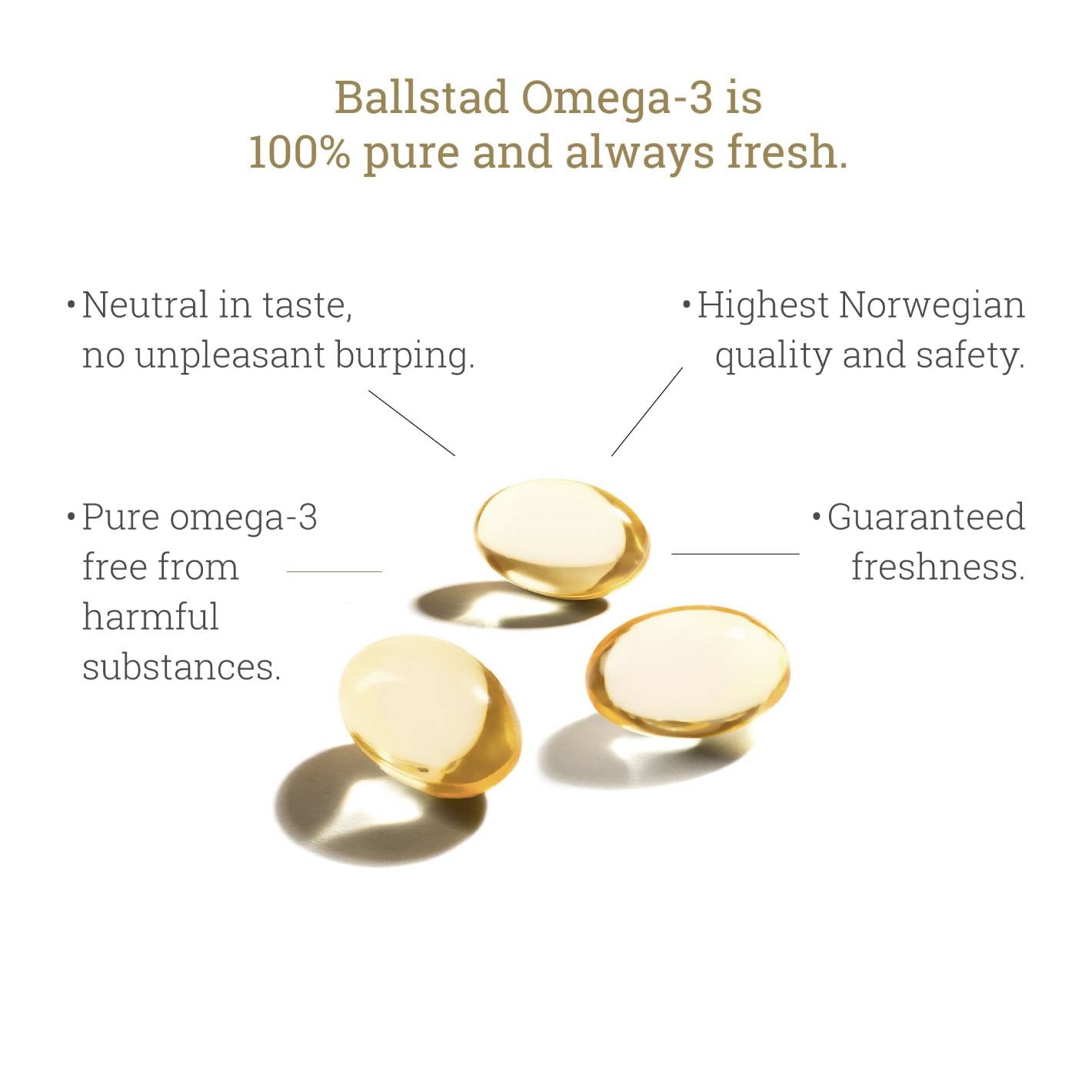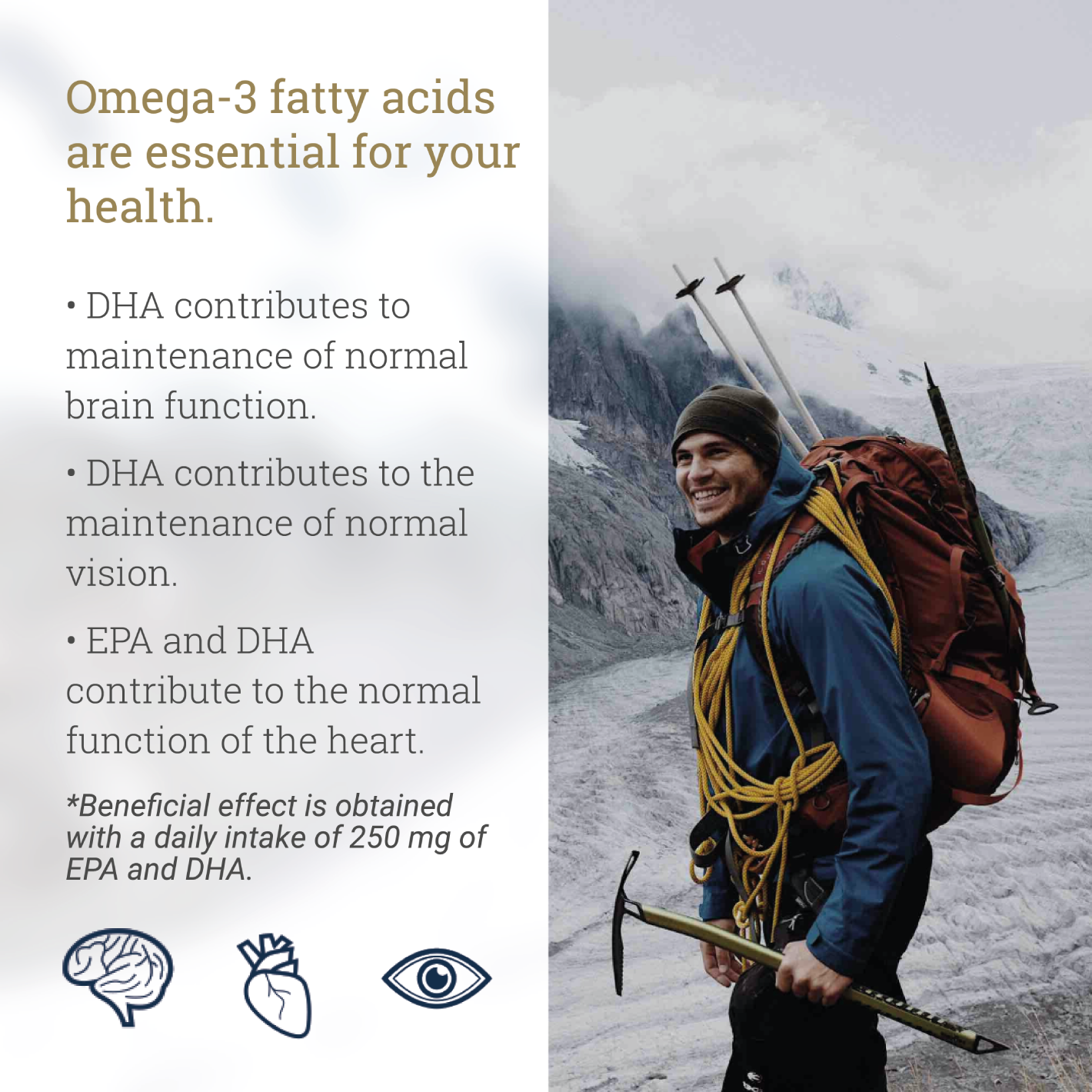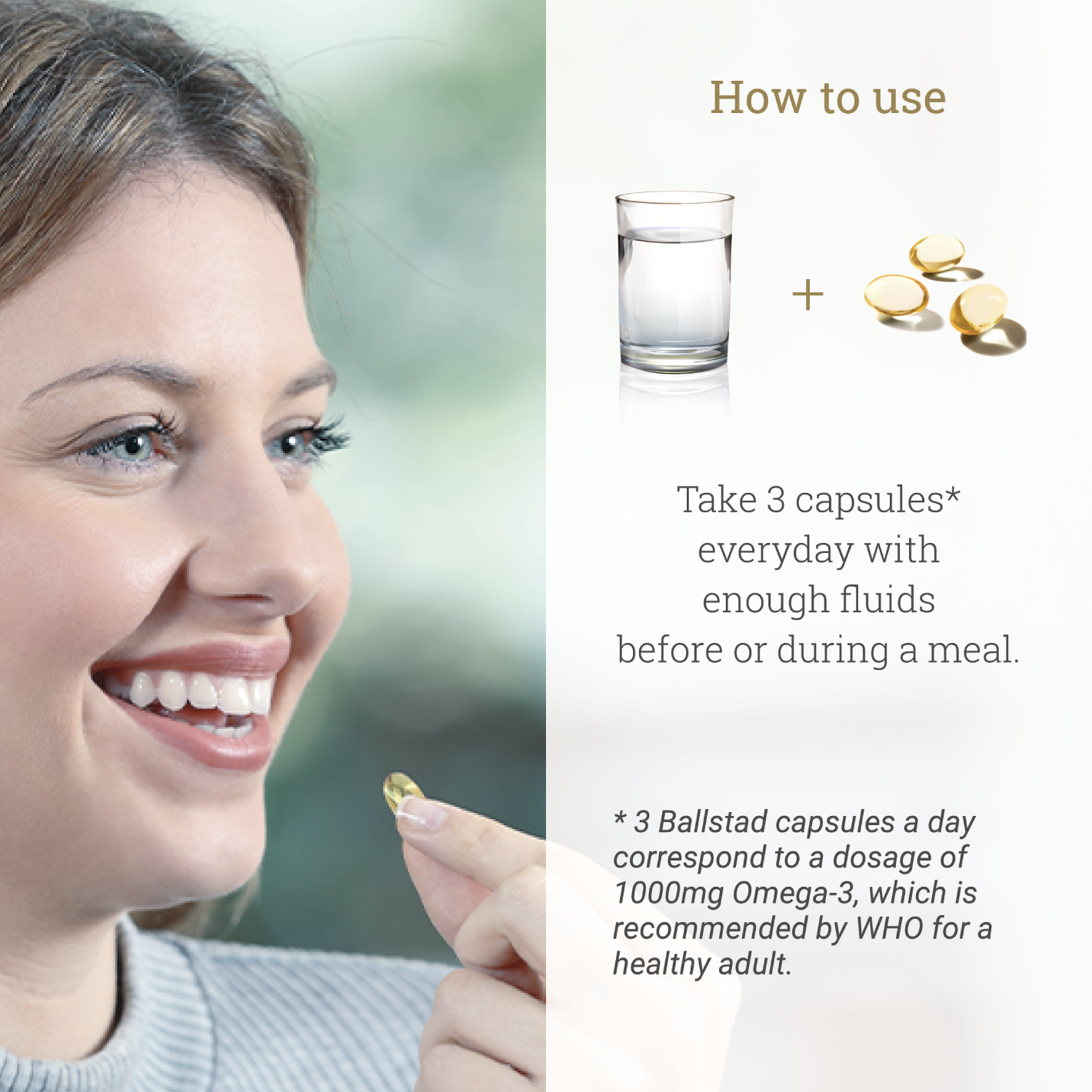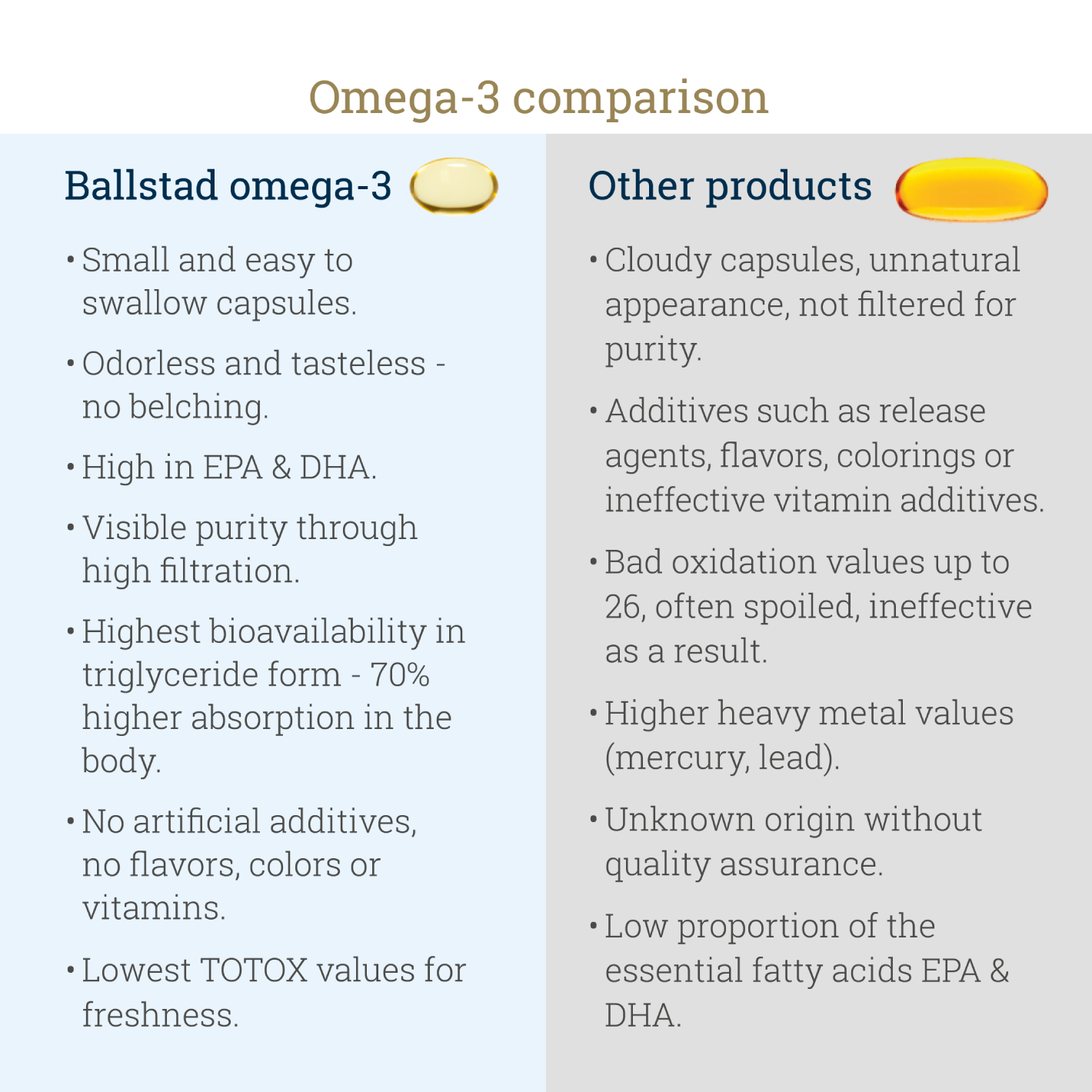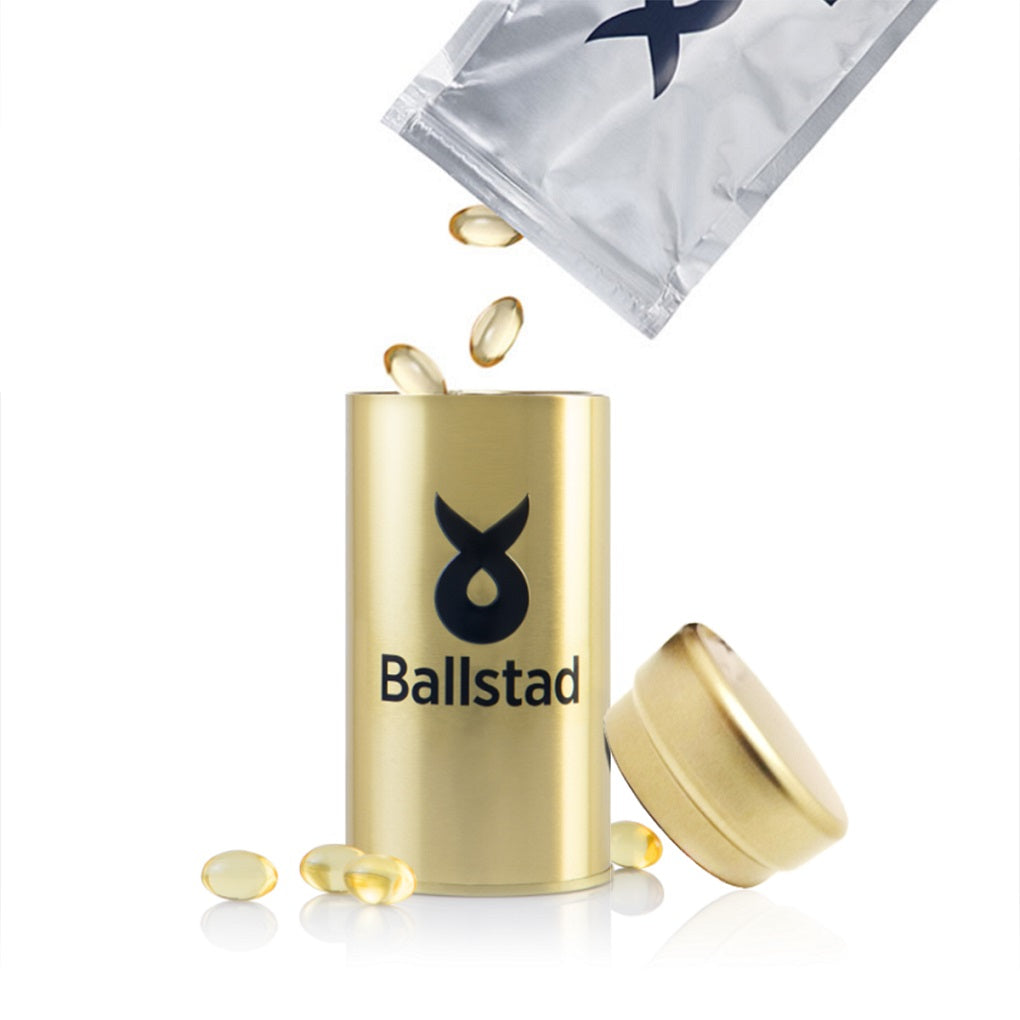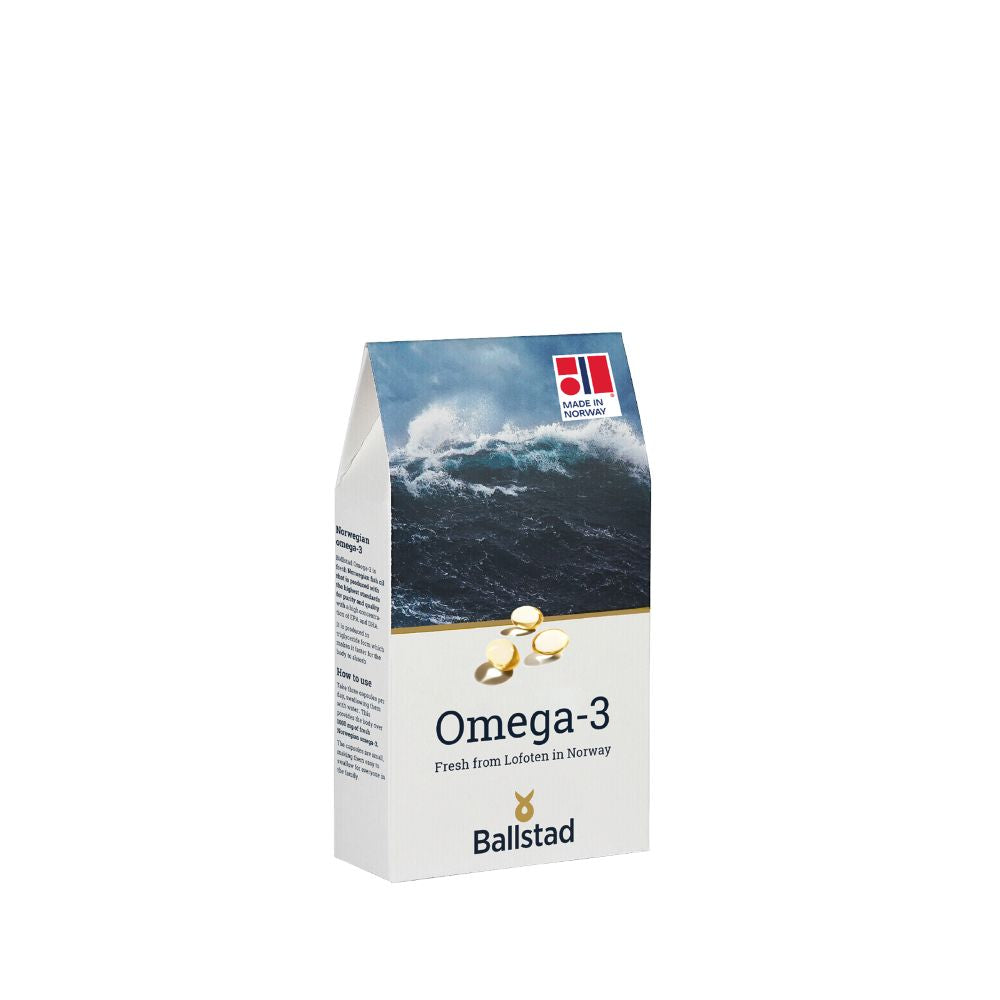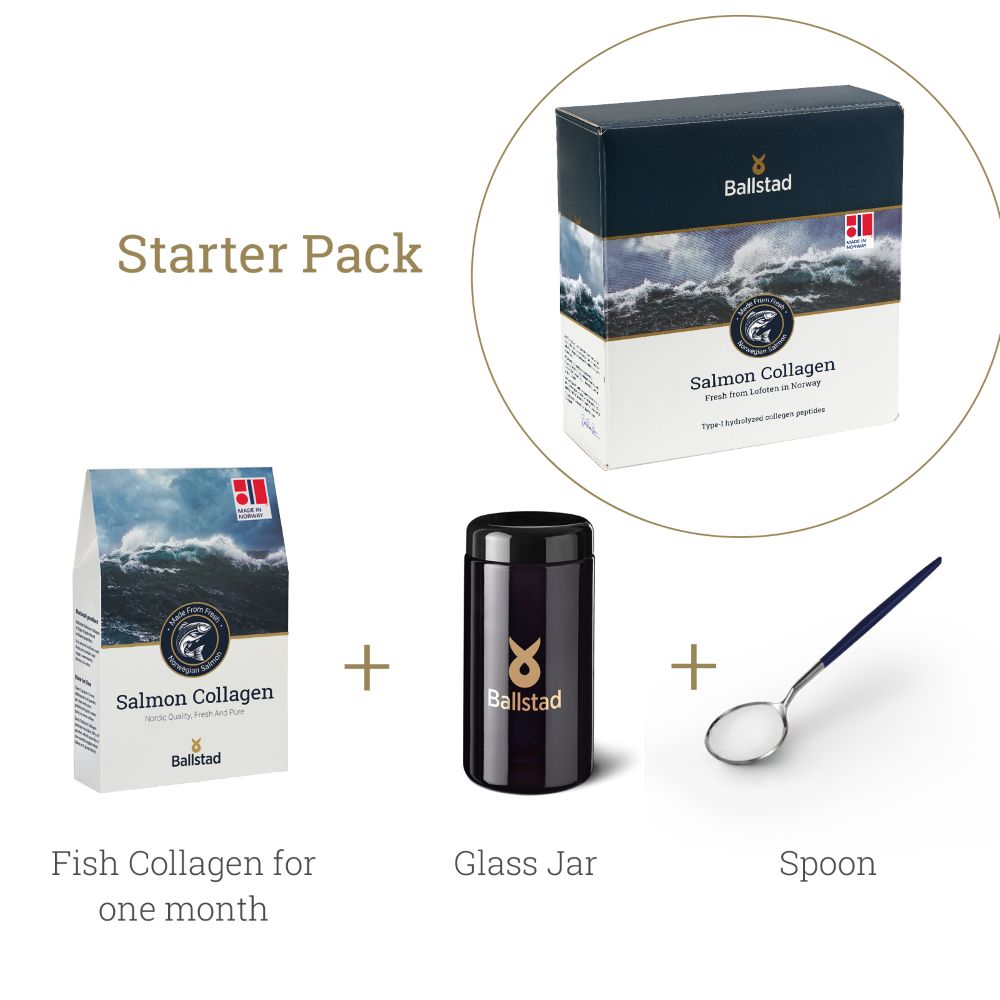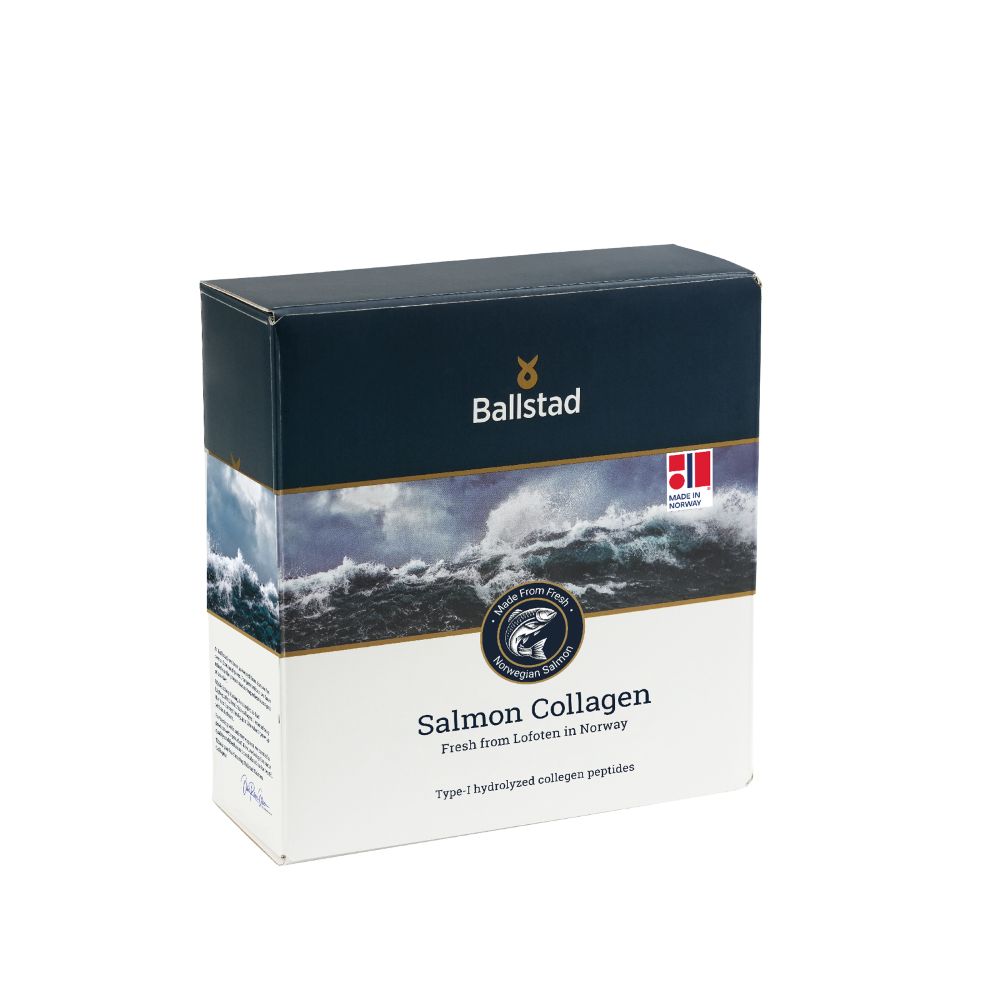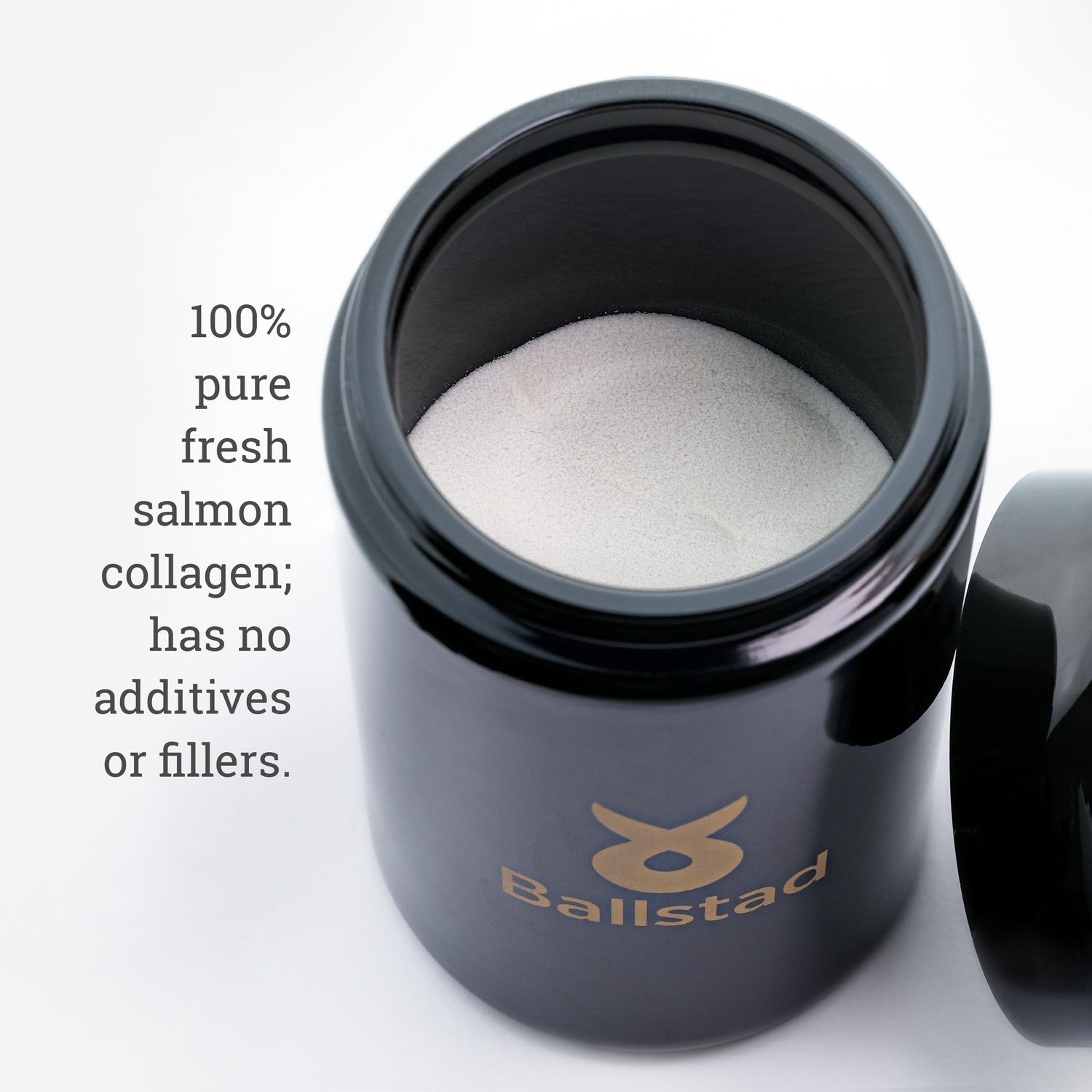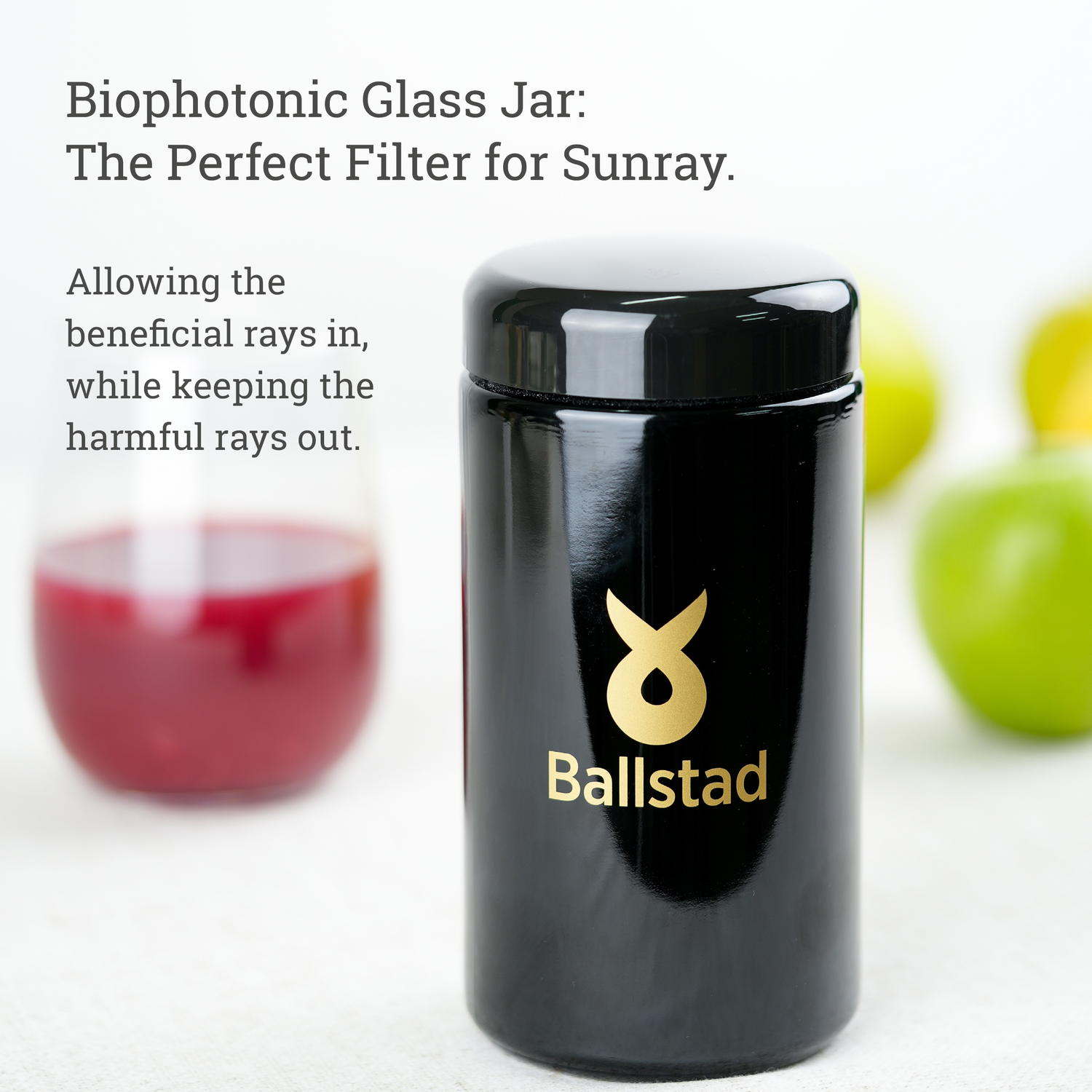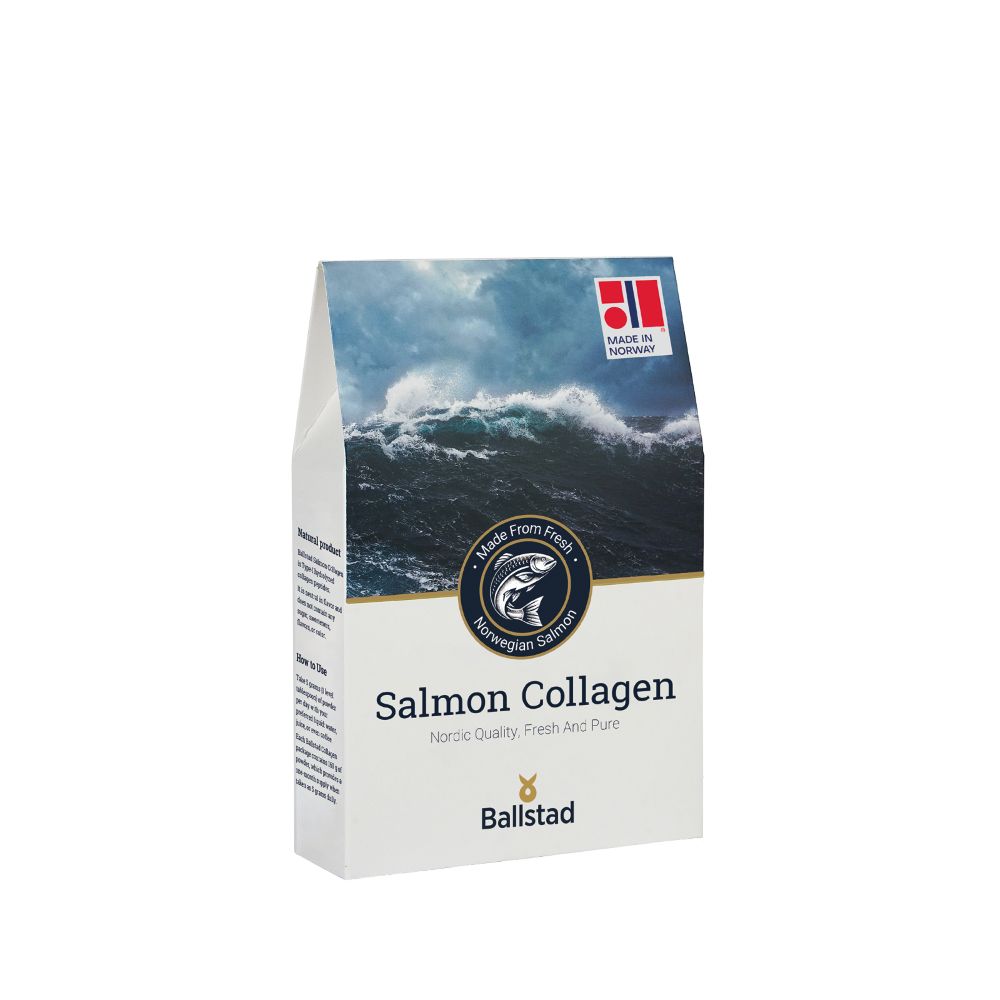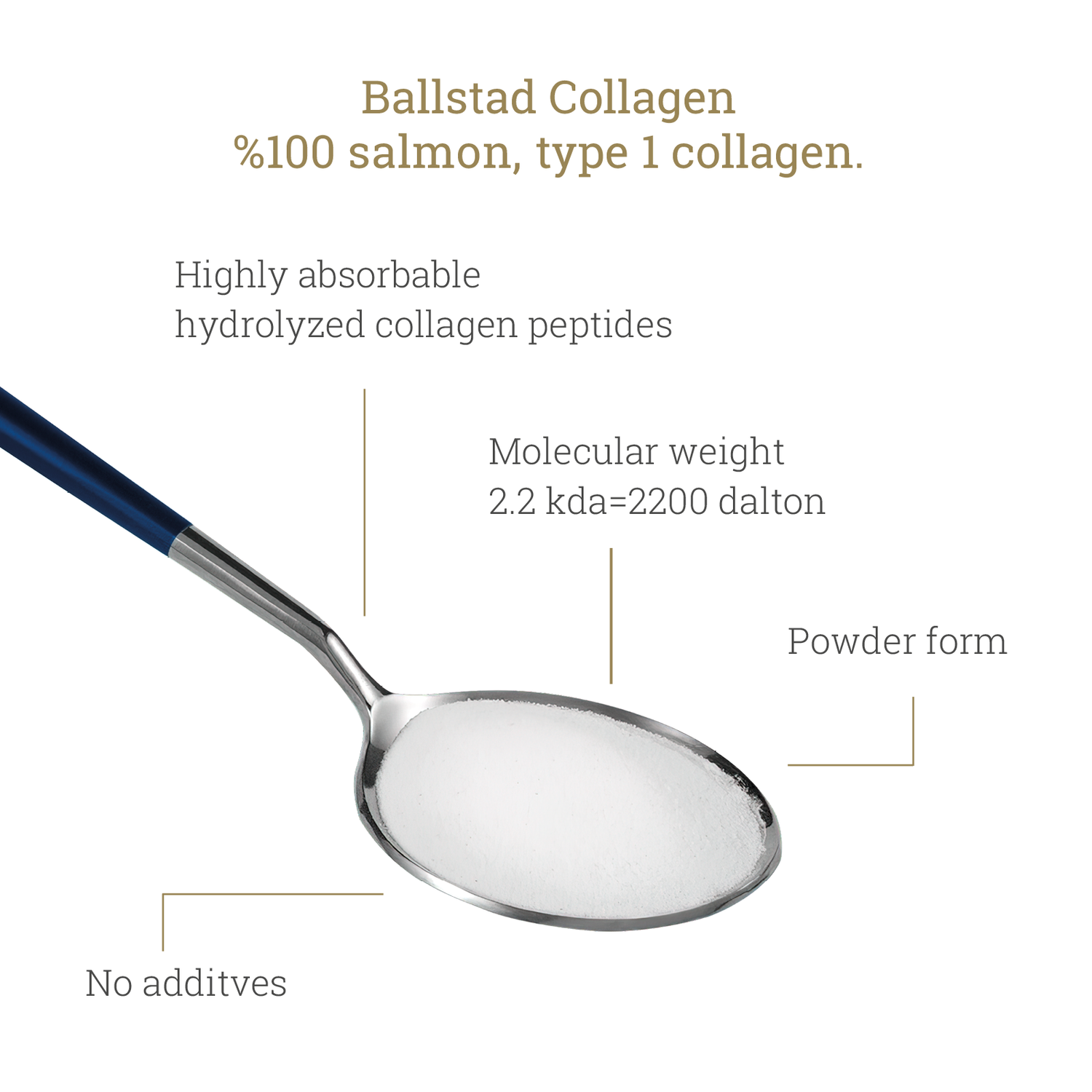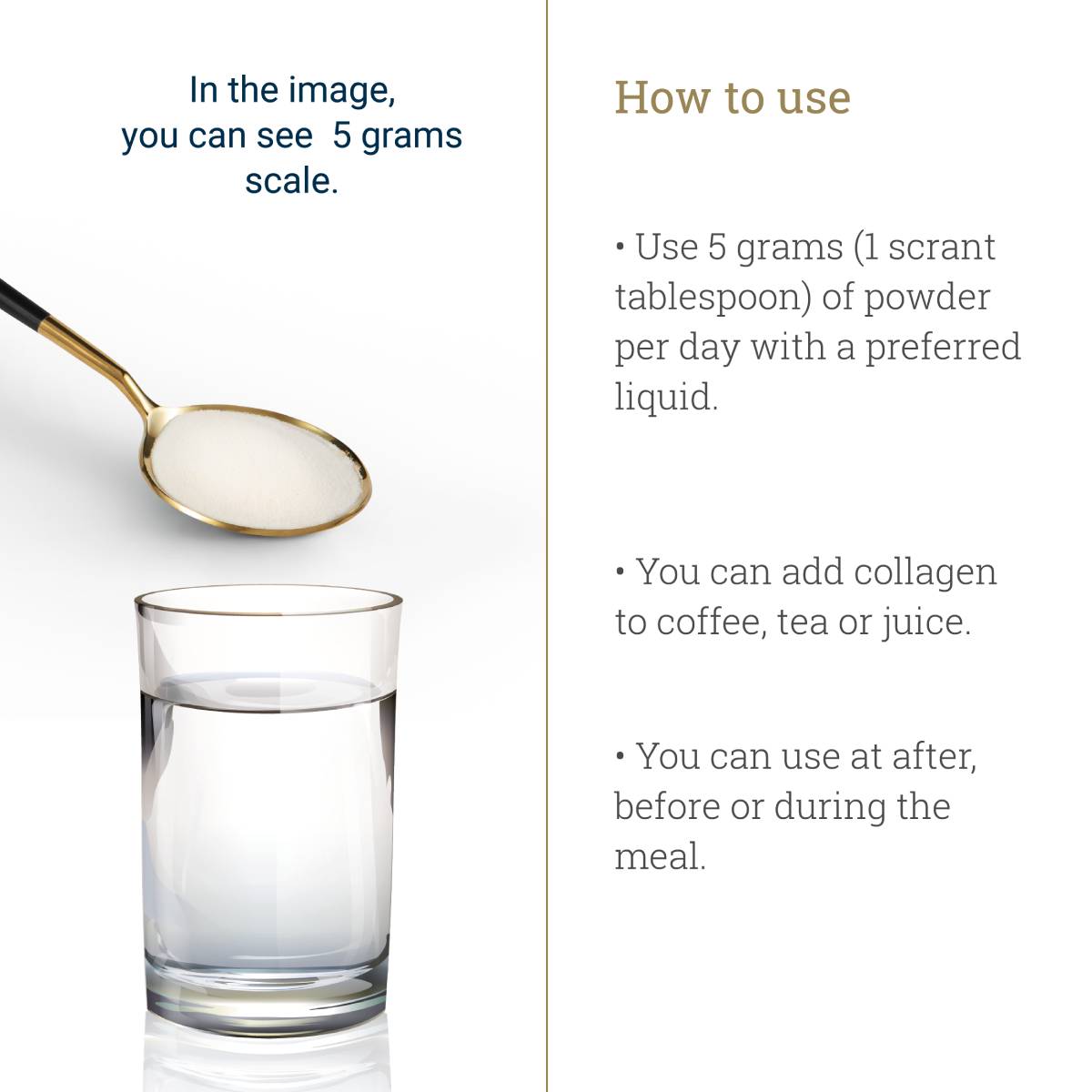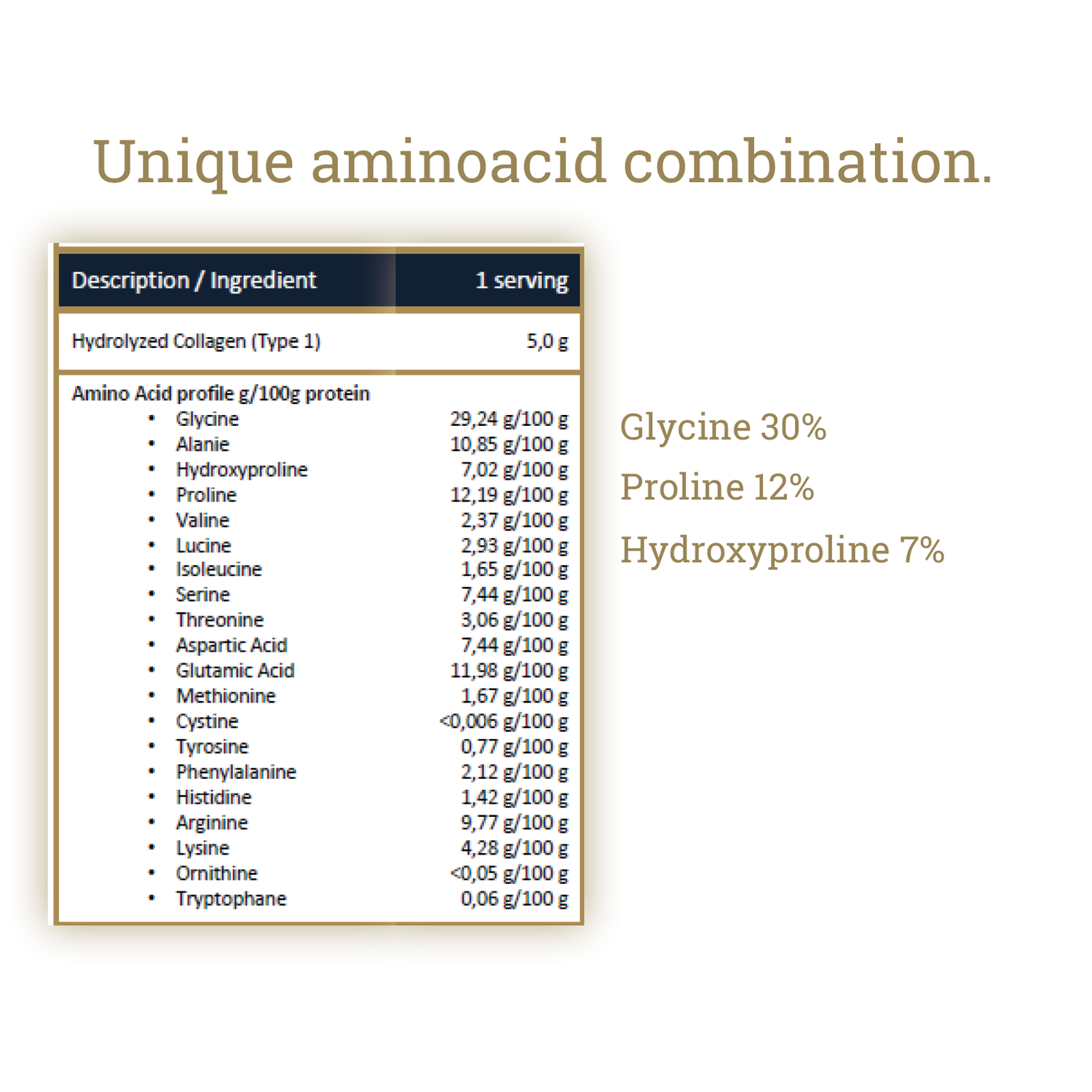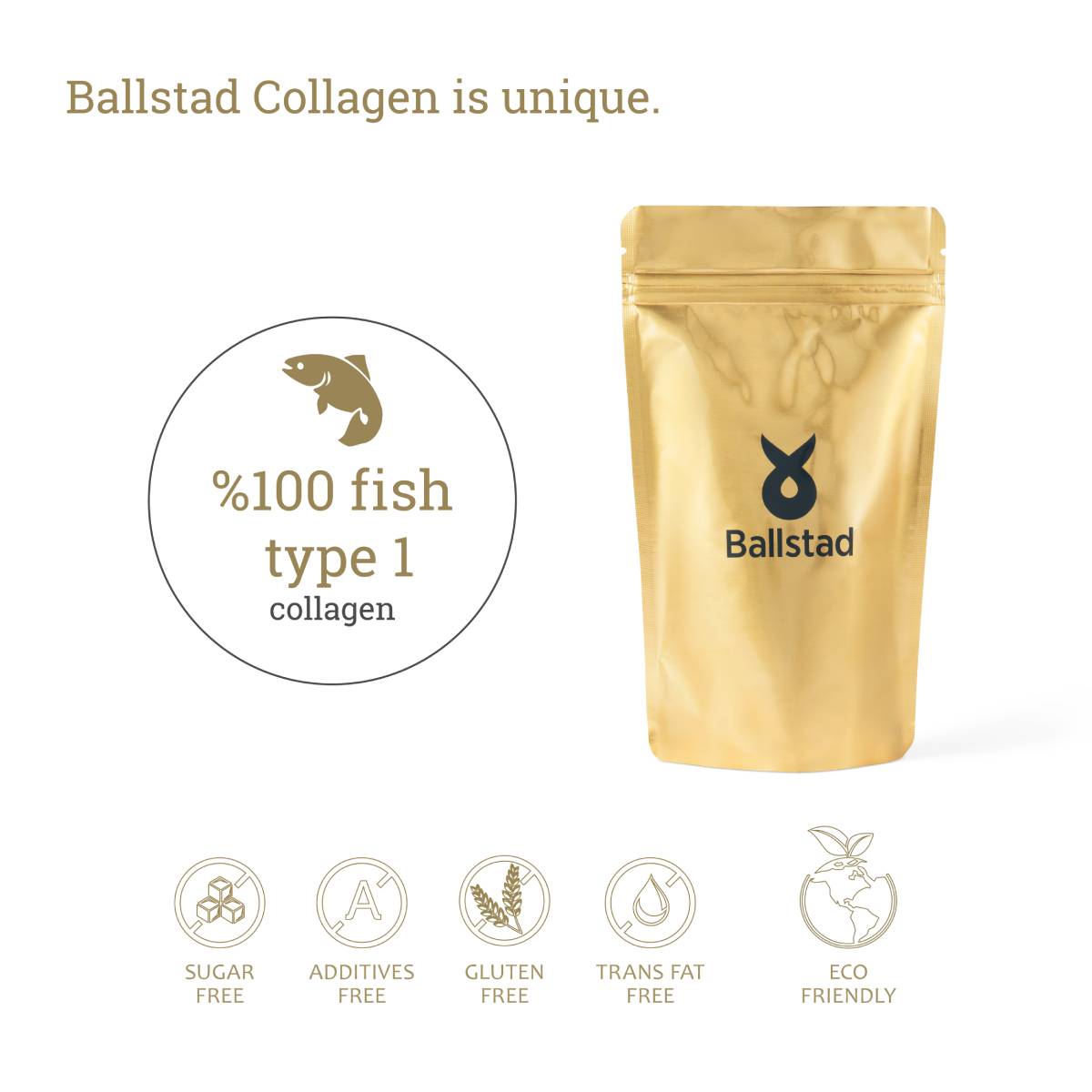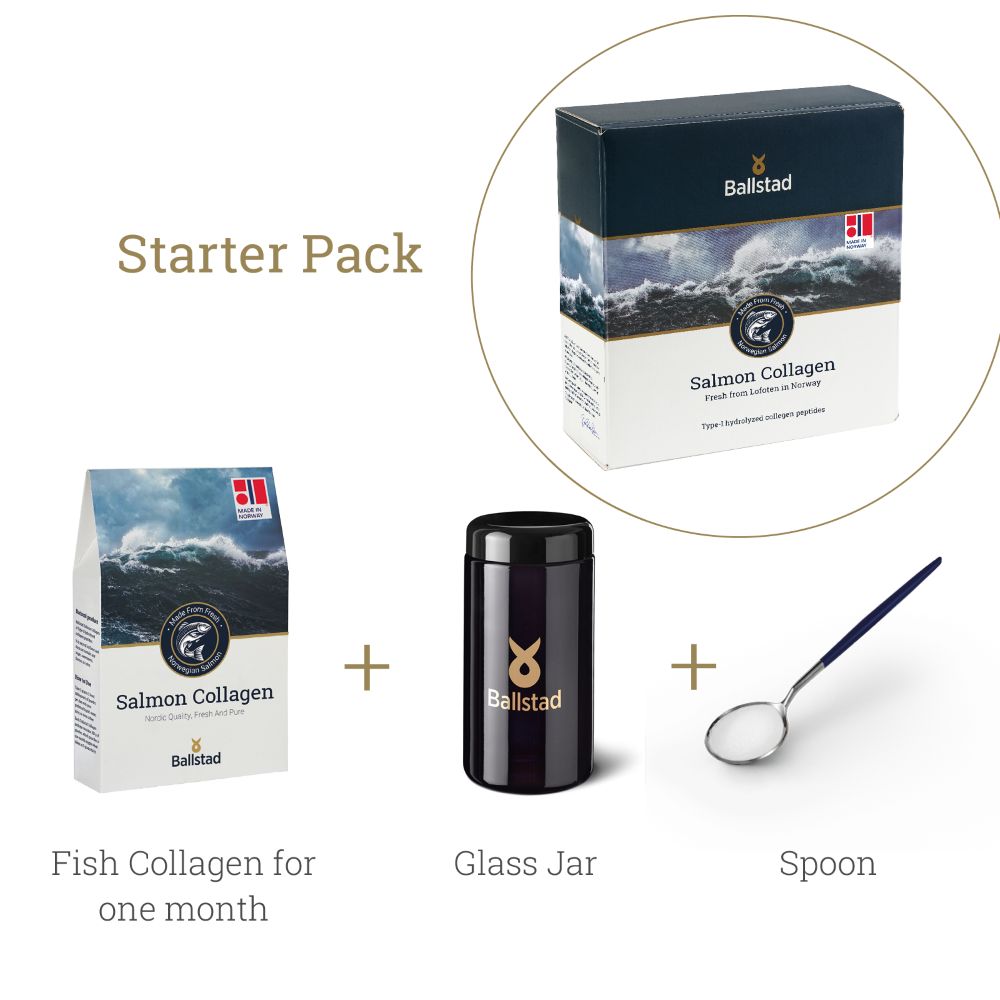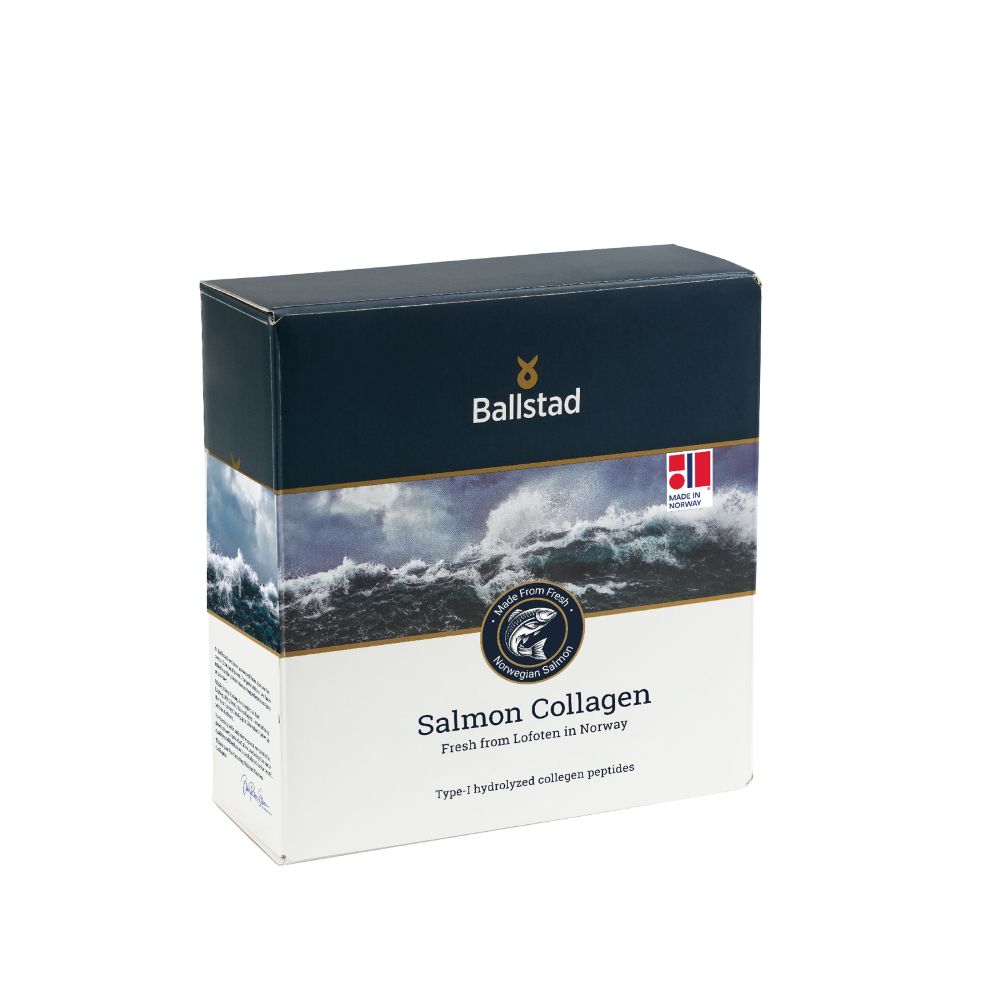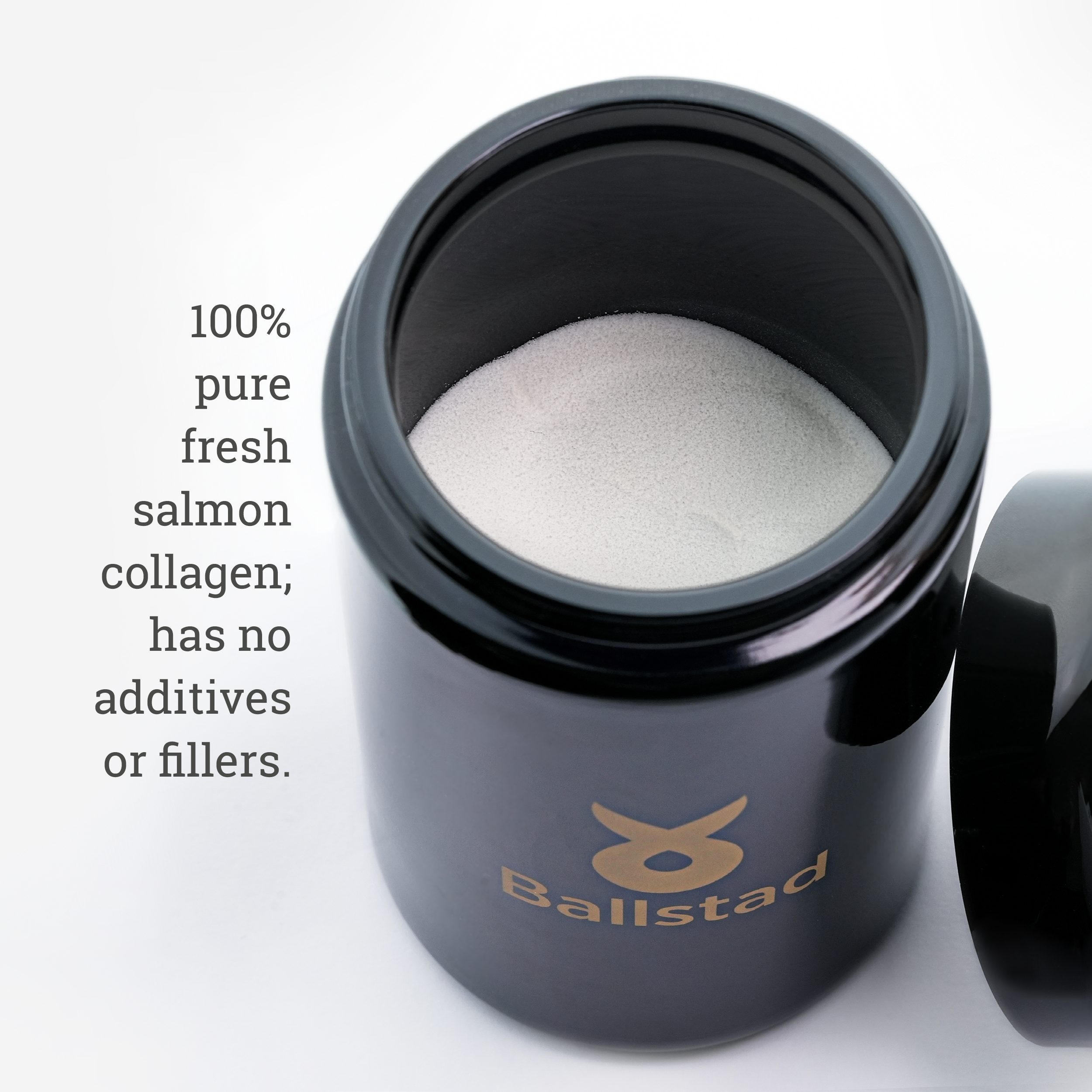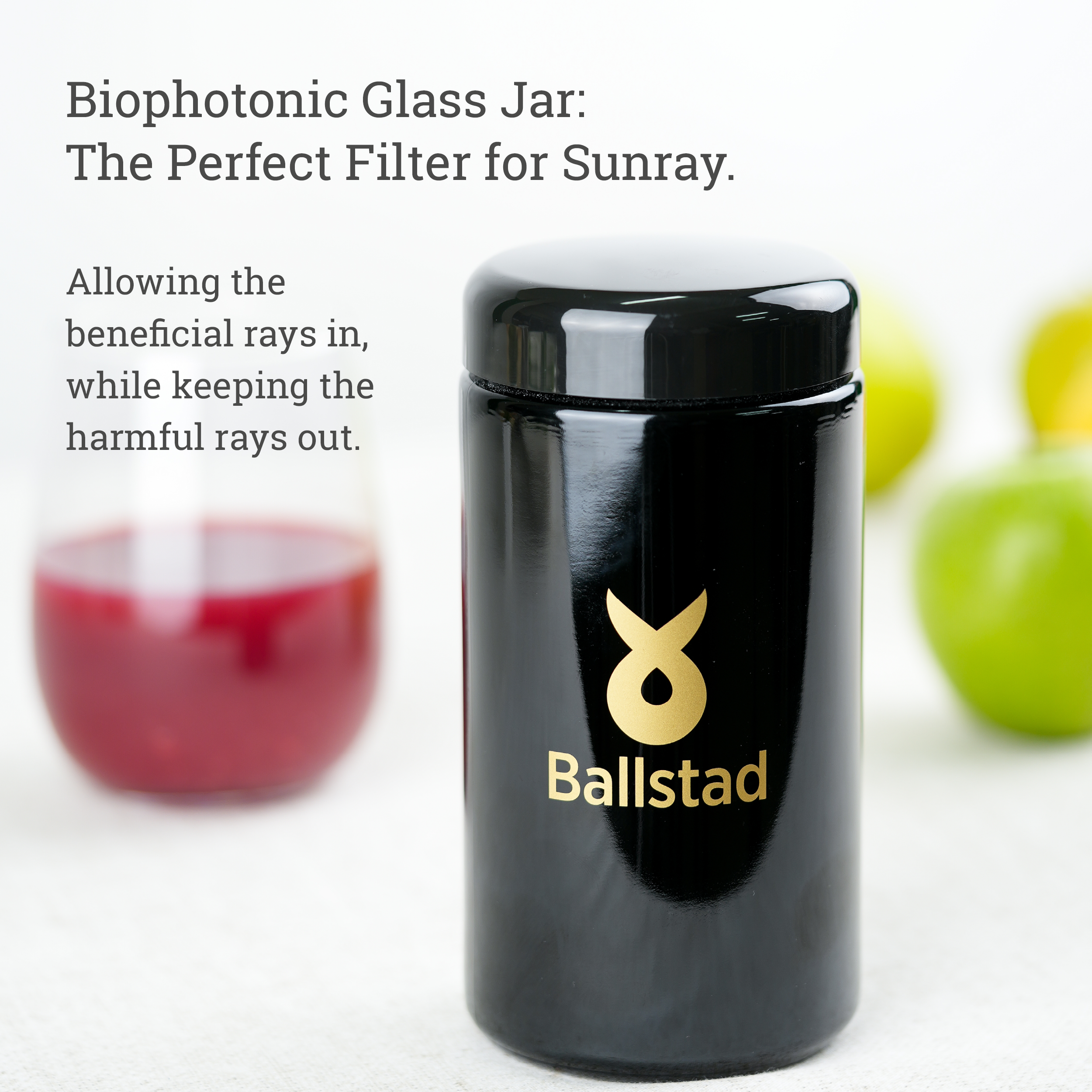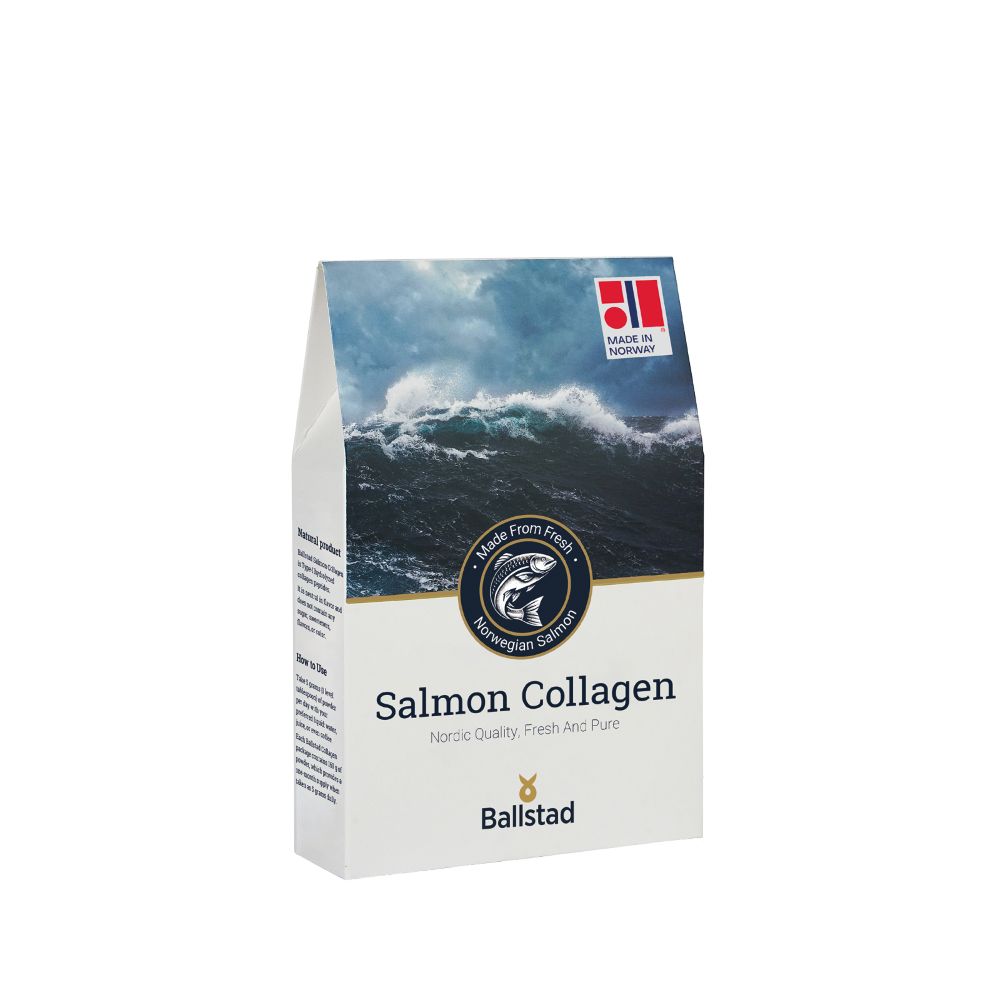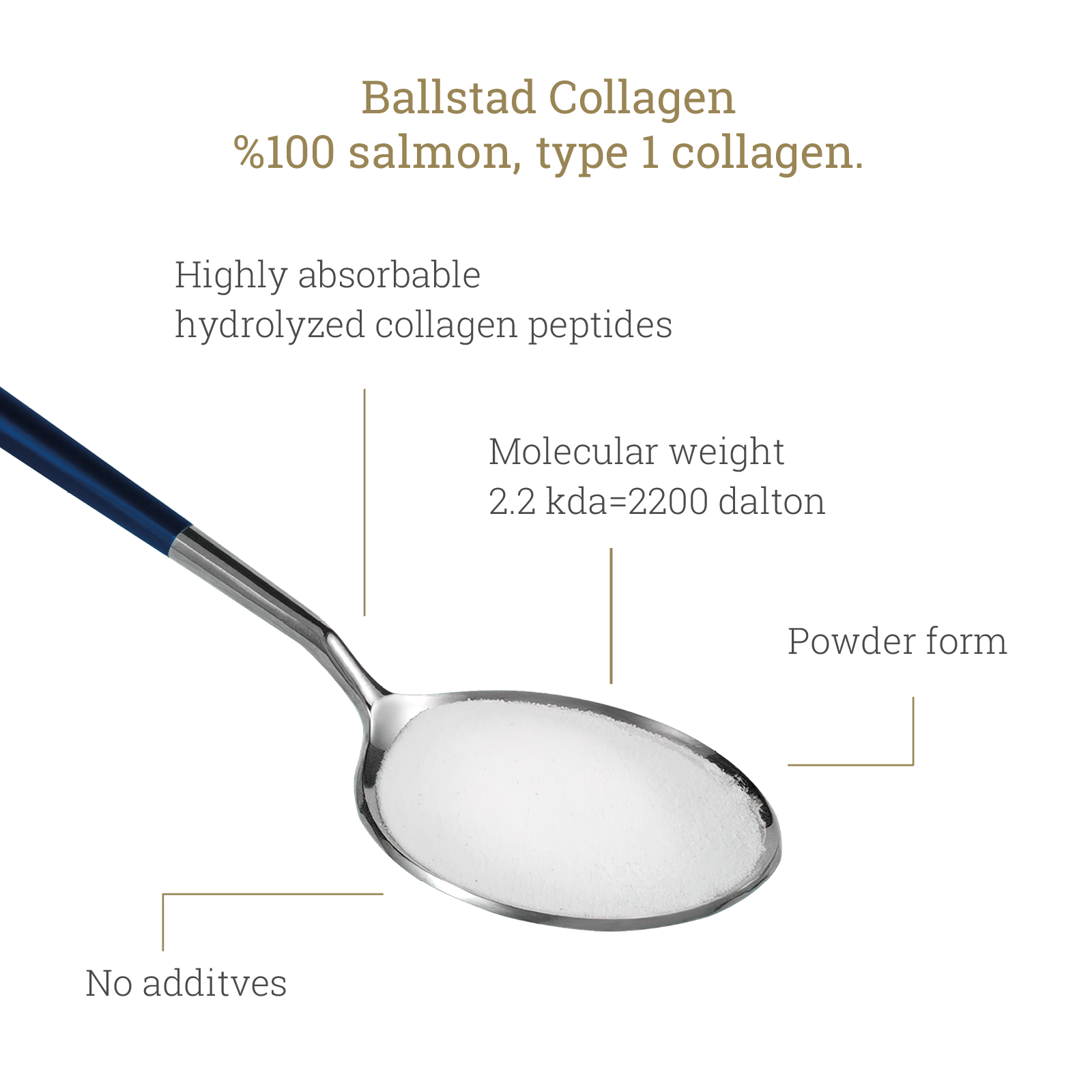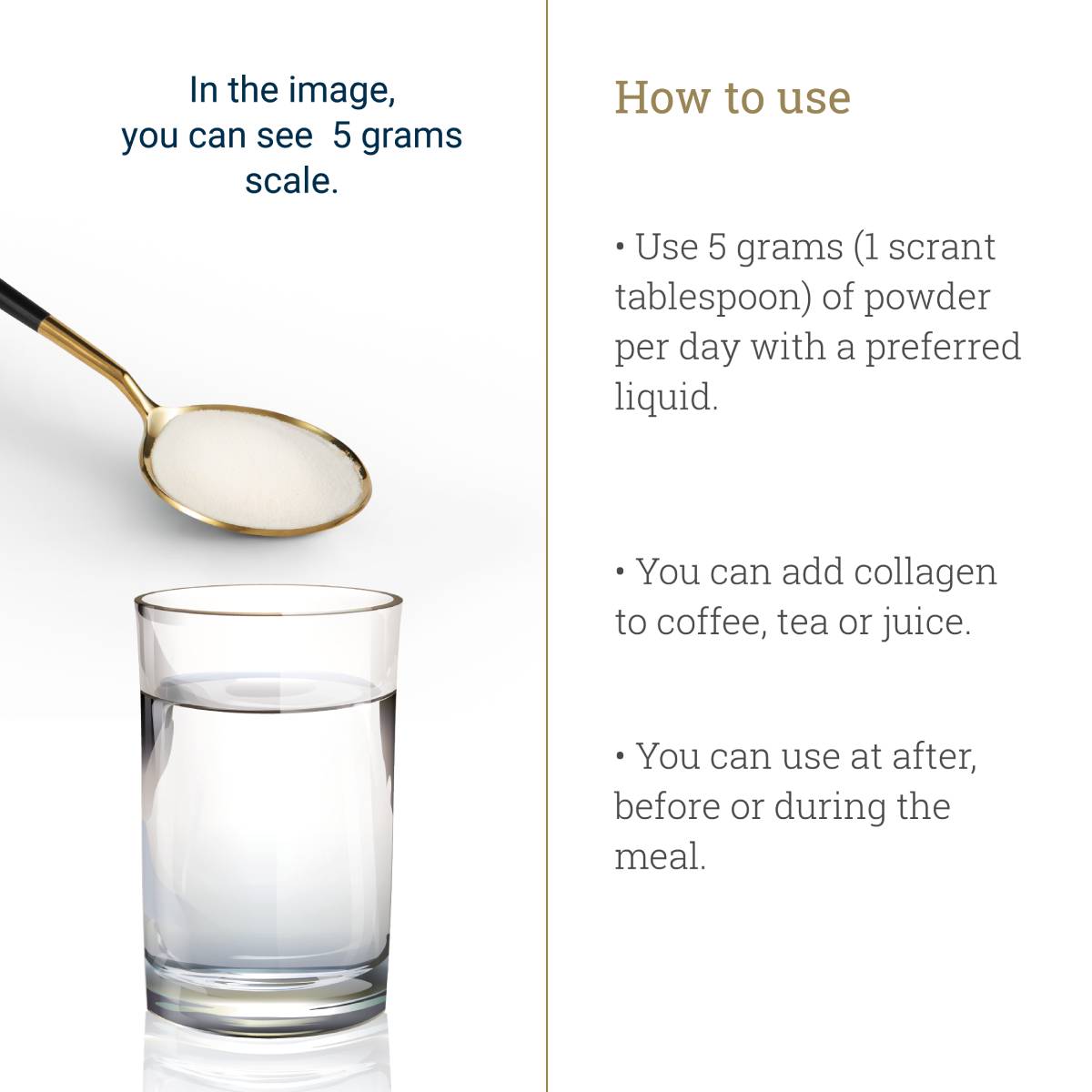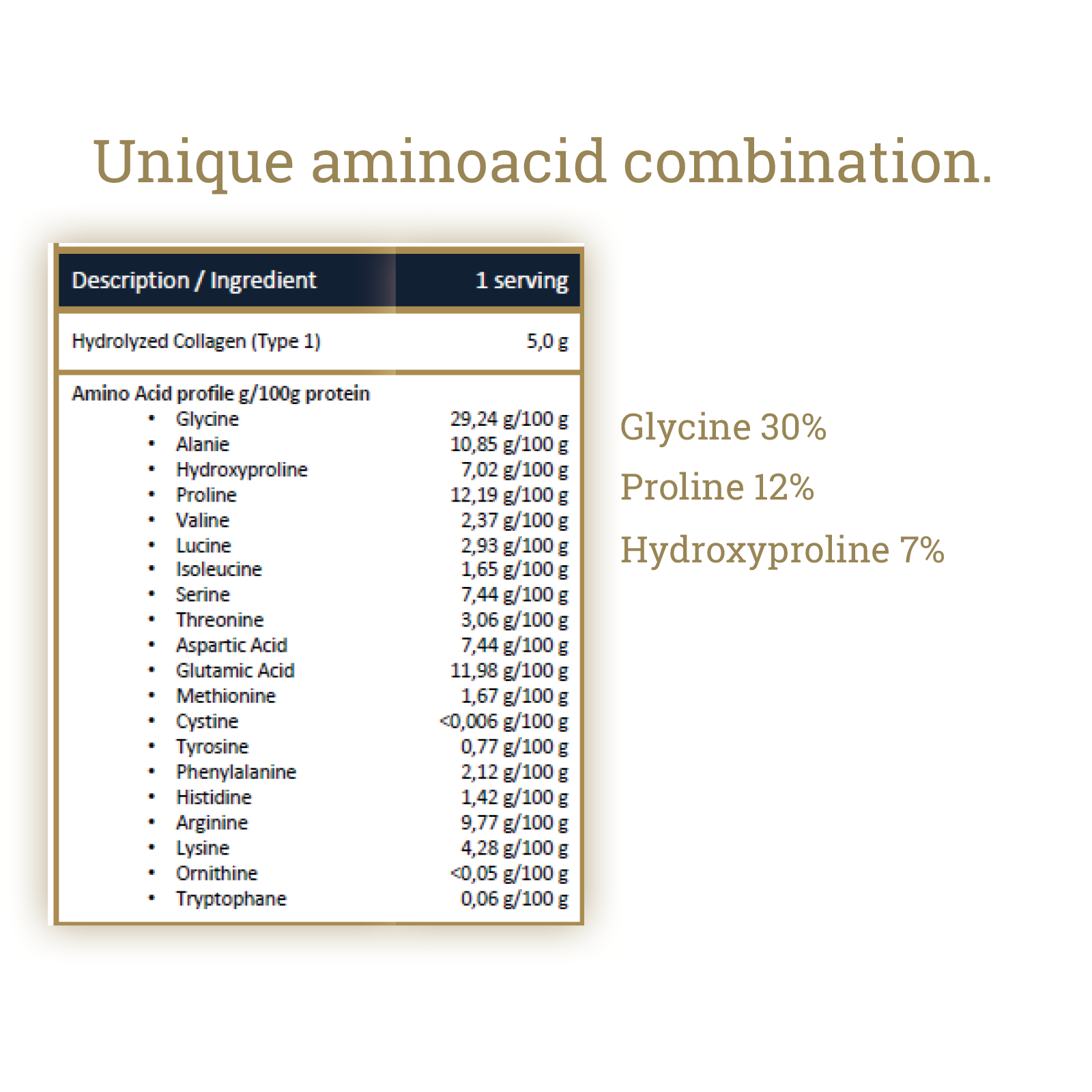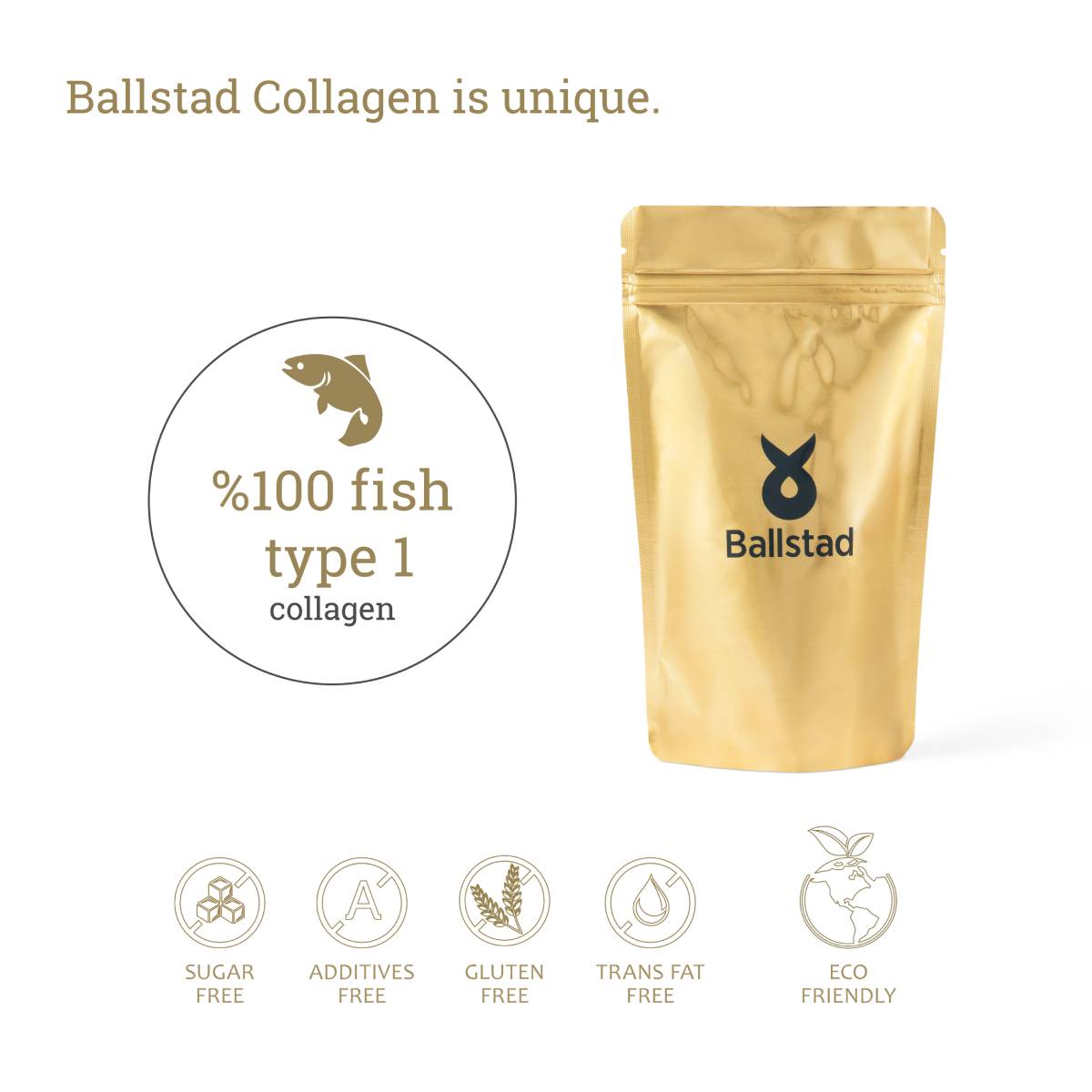Collagen may get all the attention for youthful skin, smooth joints, and strong connective tissues—but there’s a hidden partner working quietly behind the scenes: vitamin C. Without enough of it, your body simply can’t produce or maintain collagen effectively.
Let’s uncover why vitamin C is essential for collagen synthesis and how this nutrient duo can supercharge your health.
Why Collagen Matters
Collagen is the most abundant protein in the human body, acting as the structural glue that supports your skin, bones, tendons, ligaments, and blood vessels.
As the years pass, your body naturally produces less collagen, which shows up as wrinkles, stiffness, weaker joints, and slower recovery. That’s why so many people turn to collagen supplements and collagen-friendly foods.
But here’s the key: collagen on its own isn’t enough. Your body needs vitamin C to activate and stabilize the collagen-building process.
How Vitamin C Powers Collagen Synthesis
Vitamin C plays multiple roles in collagen production and protection:
1. Helps Build Collagen’s Triple Helix
Collagen’s durability comes from its unique triple-helix structure. Vitamin C is essential for the enzymes that stabilize this shape by hydroxylating amino acids like proline and lysine. Without it, collagen can’t form correctly.
2. Boosts Fibroblast Activity
Fibroblasts—the cells that produce collagen—work more efficiently in the presence of vitamin C. This means firmer skin, stronger connective tissue, and faster wound healing.
3. Shields Collagen from Damage
As a powerful antioxidant, vitamin C neutralizes free radicals that break down collagen. It doesn’t just help your body make collagen—it also helps protect the collagen you already have.
Signs You May Need More Vitamin C
If your vitamin C levels are low, your body’s ability to build collagen drops, even if you’re taking a supplement. Signs of deficiency can include:
-
Dull or dry skin
-
Easy bruising
-
Slower healing of cuts or injuries
-
Gum sensitivity or bleeding
-
Ongoing fatigue
The Best Vitamin C Foods for Collagen Support
Adding vitamin C–rich foods to your meals is one of the simplest ways to strengthen your body’s collagen network. Top sources include:
-
Citrus fruits (oranges, lemons, grapefruits)
-
Berries such as strawberries and kiwi
-
Bell peppers
-
Broccoli and Brussels sprouts
-
Leafy greens like kale and spinach
-
Tomatoes
If you struggle to get enough from diet alone, pairing your collagen supplement with a vitamin C supplement can help.
Pairing Collagen with Vitamin C
If you’re using a high-quality supplement like marine collagen—known for its excellent absorption—combining it with vitamin C makes it even more effective. Together, they ensure your body can both build new collagen and protect existing levels.
✨ Ballstad Salmon Collagen, sustainably sourced from Norwegian salmon, delivers pure Type I collagen that’s easily absorbed. When taken alongside vitamin C, it provides the ultimate support for glowing skin, stronger joints, and long-term resilience.


